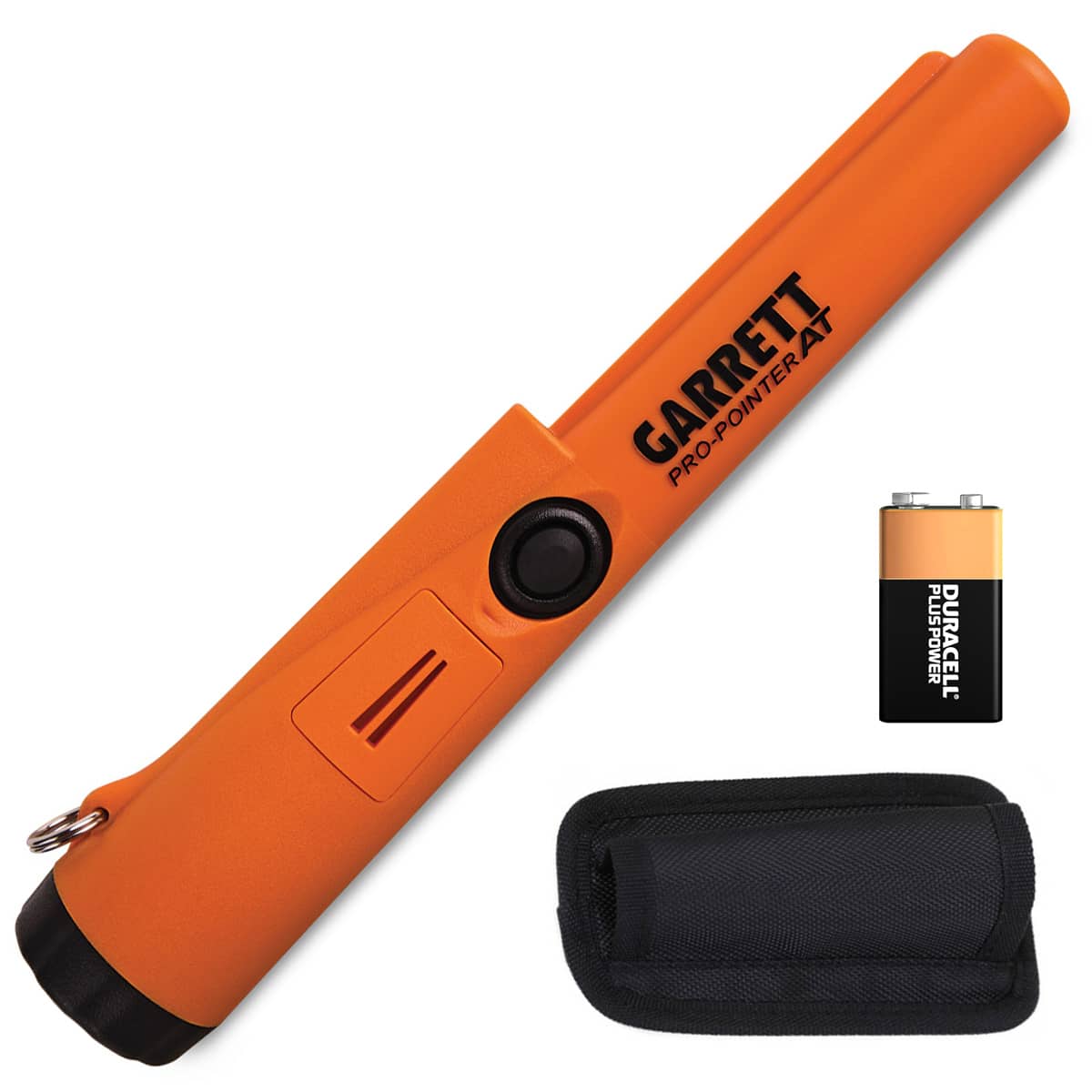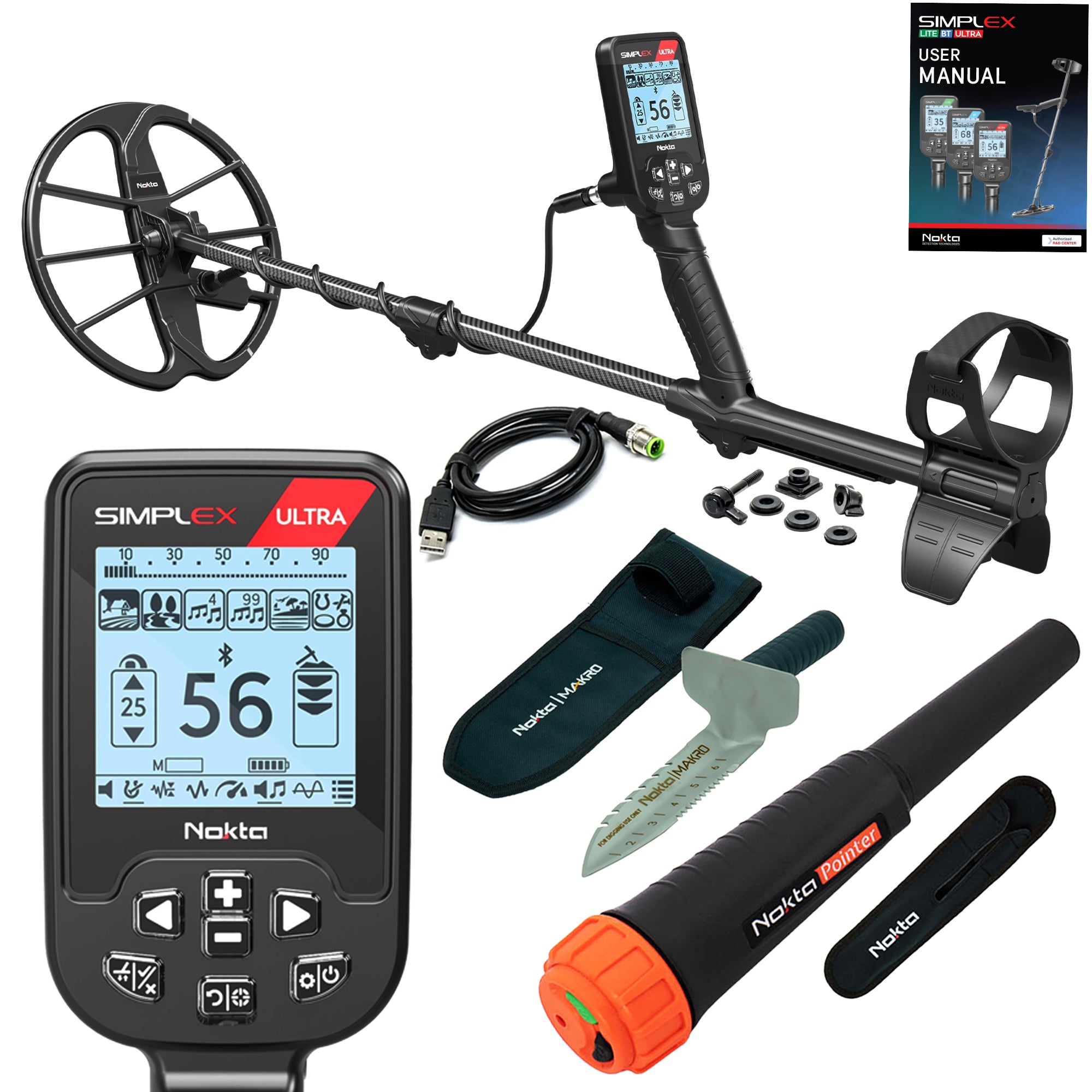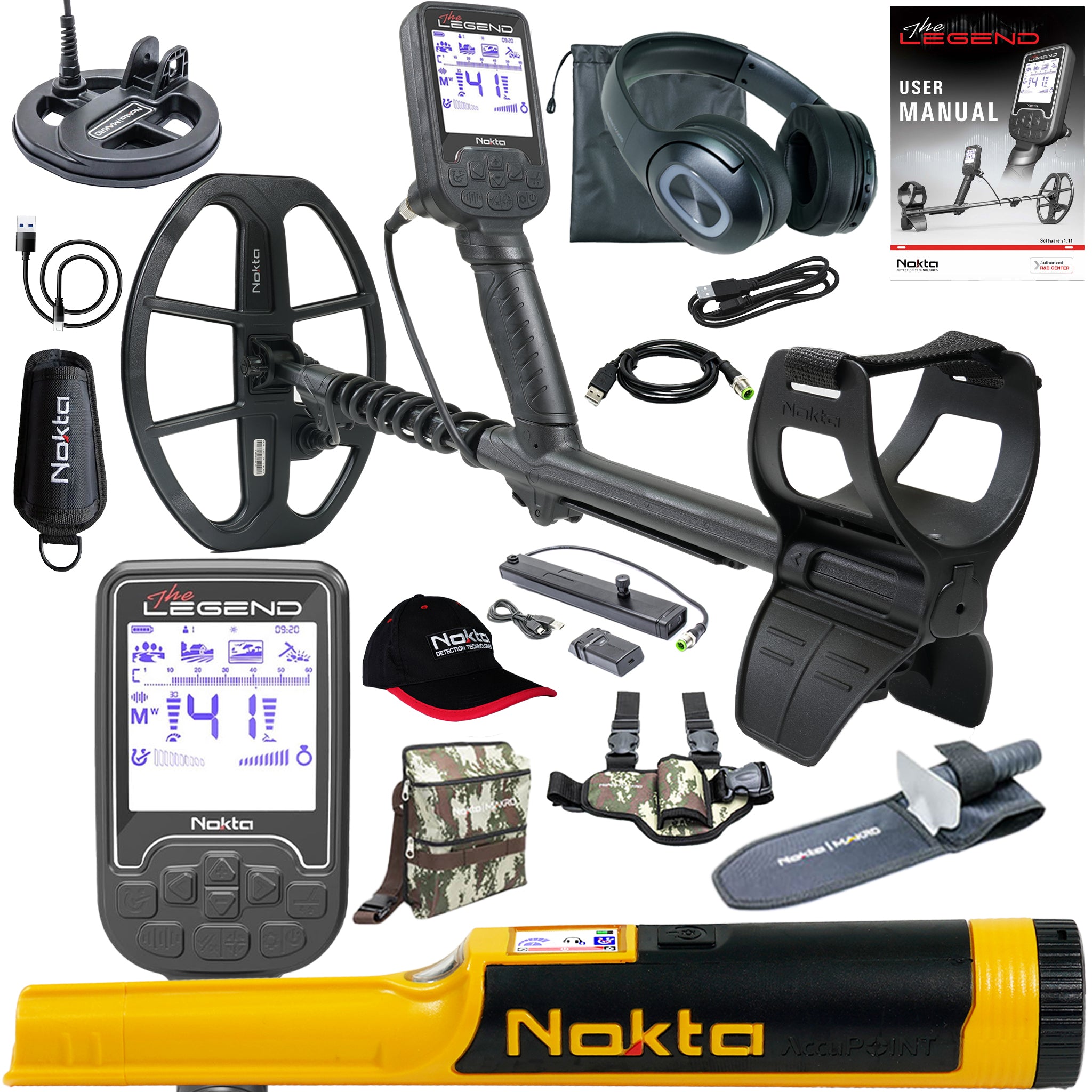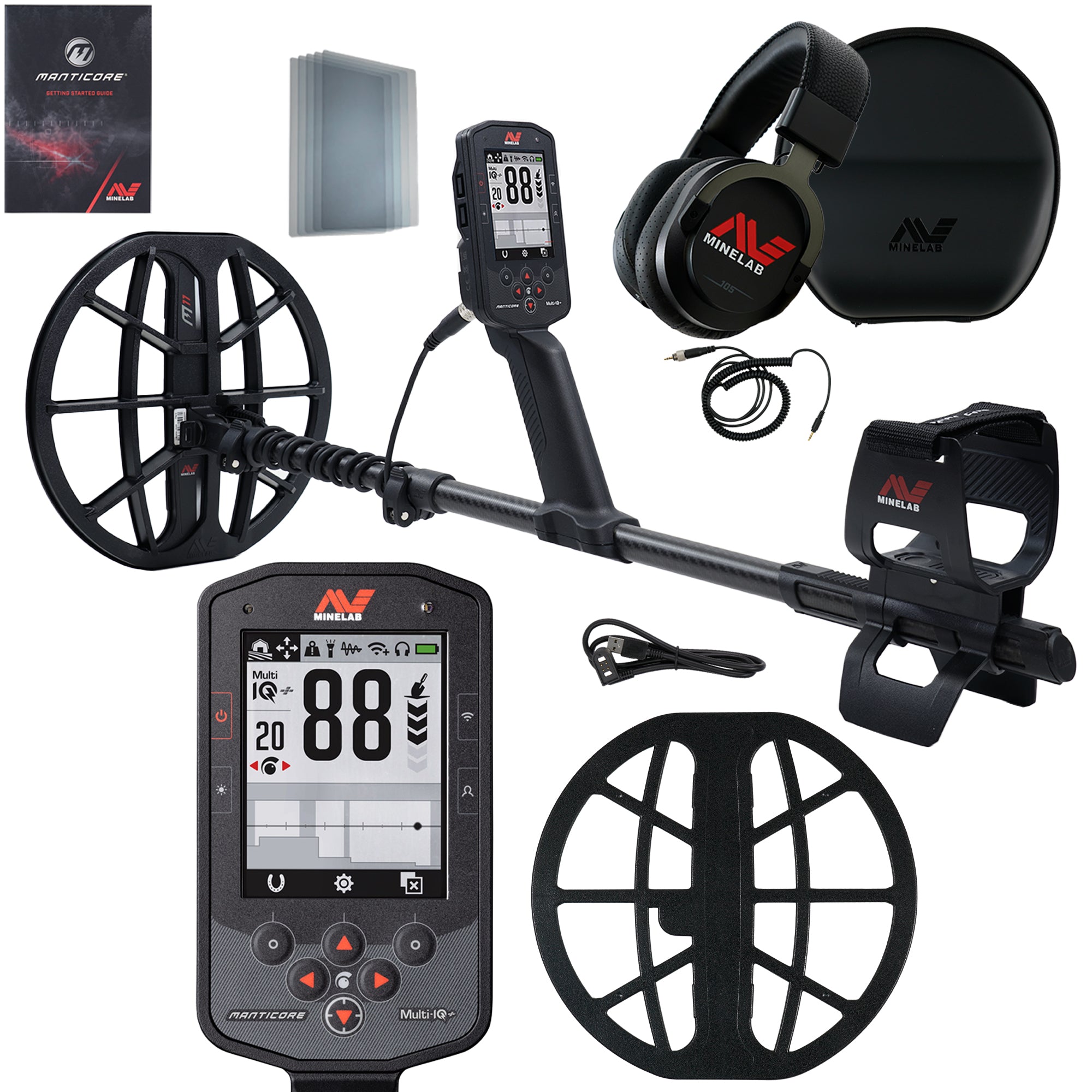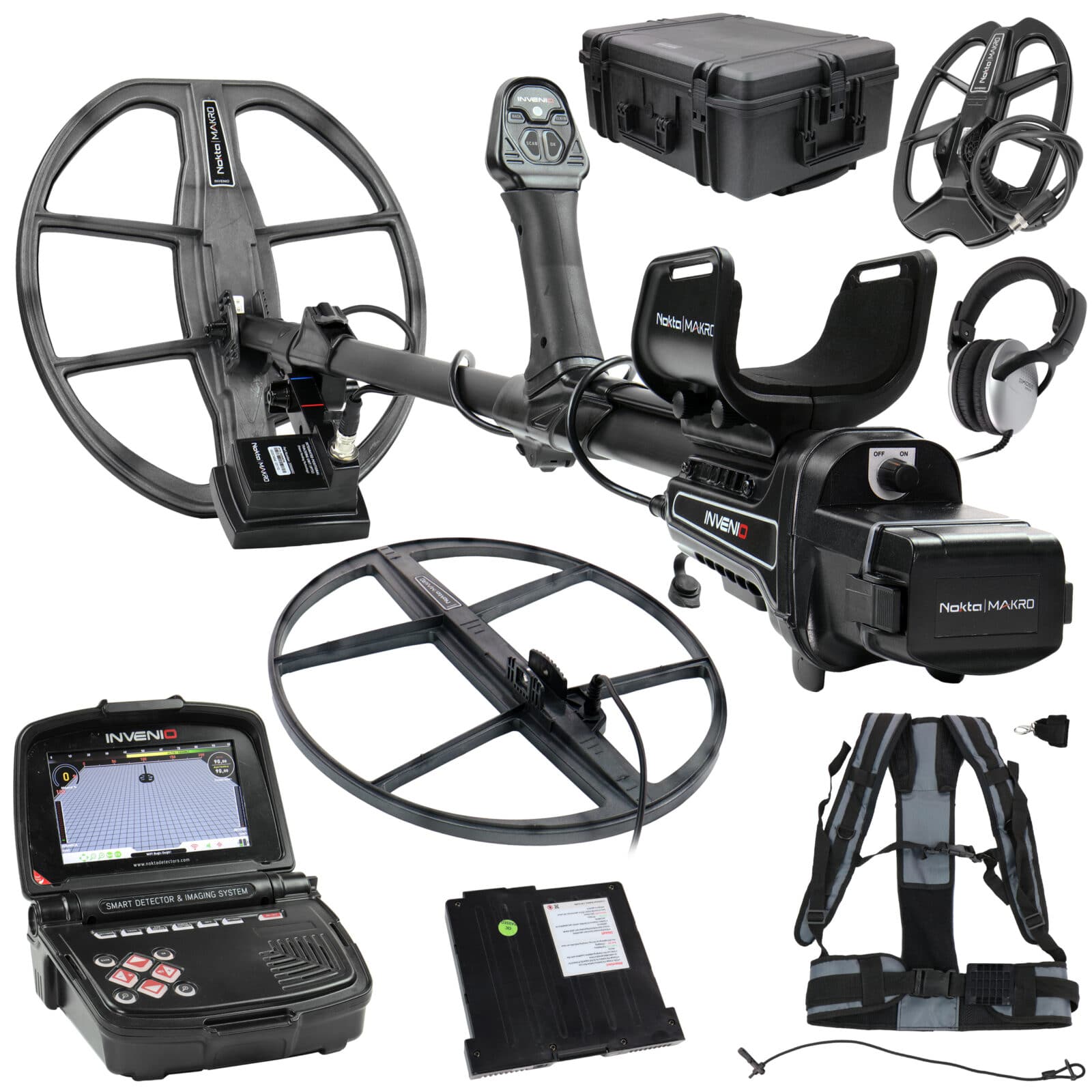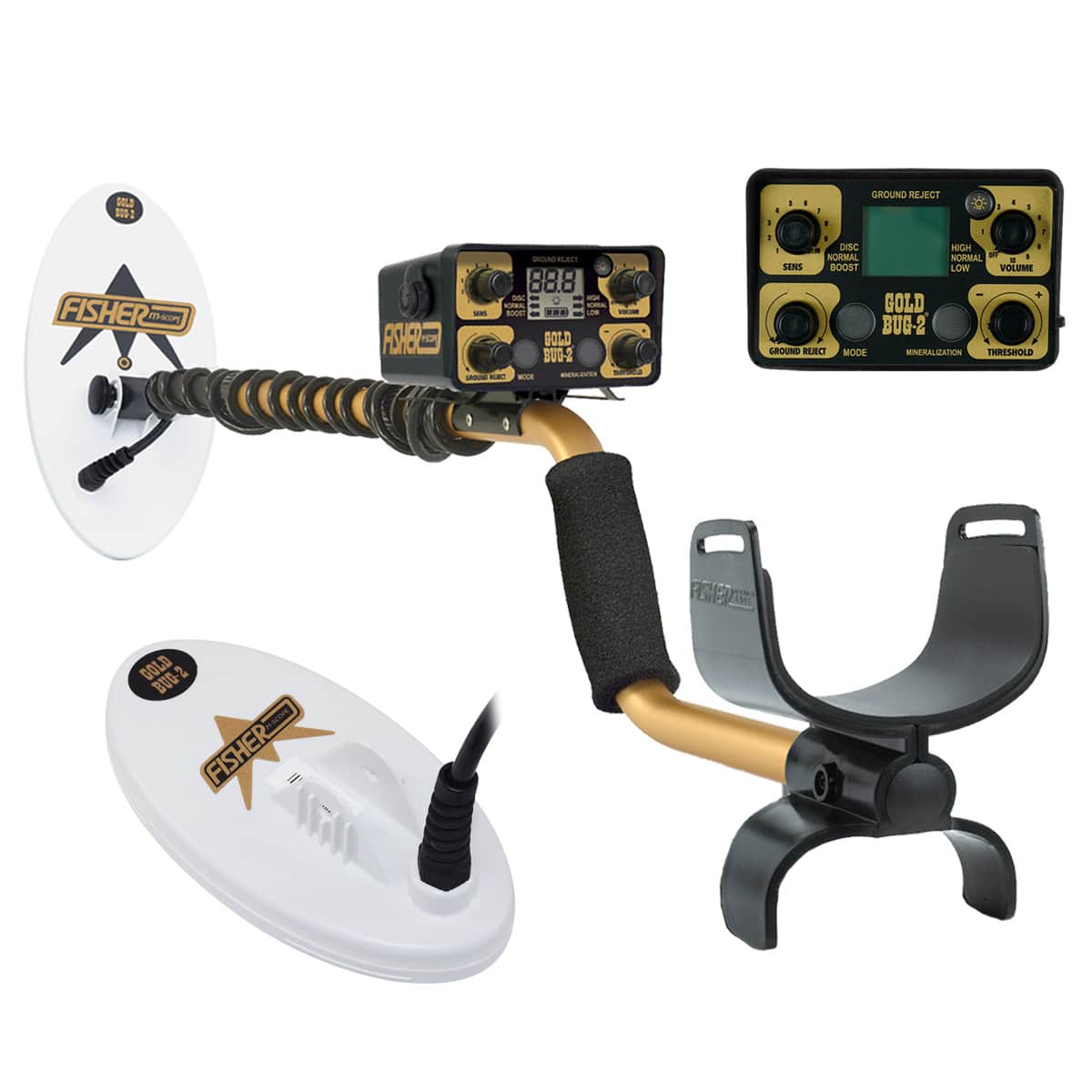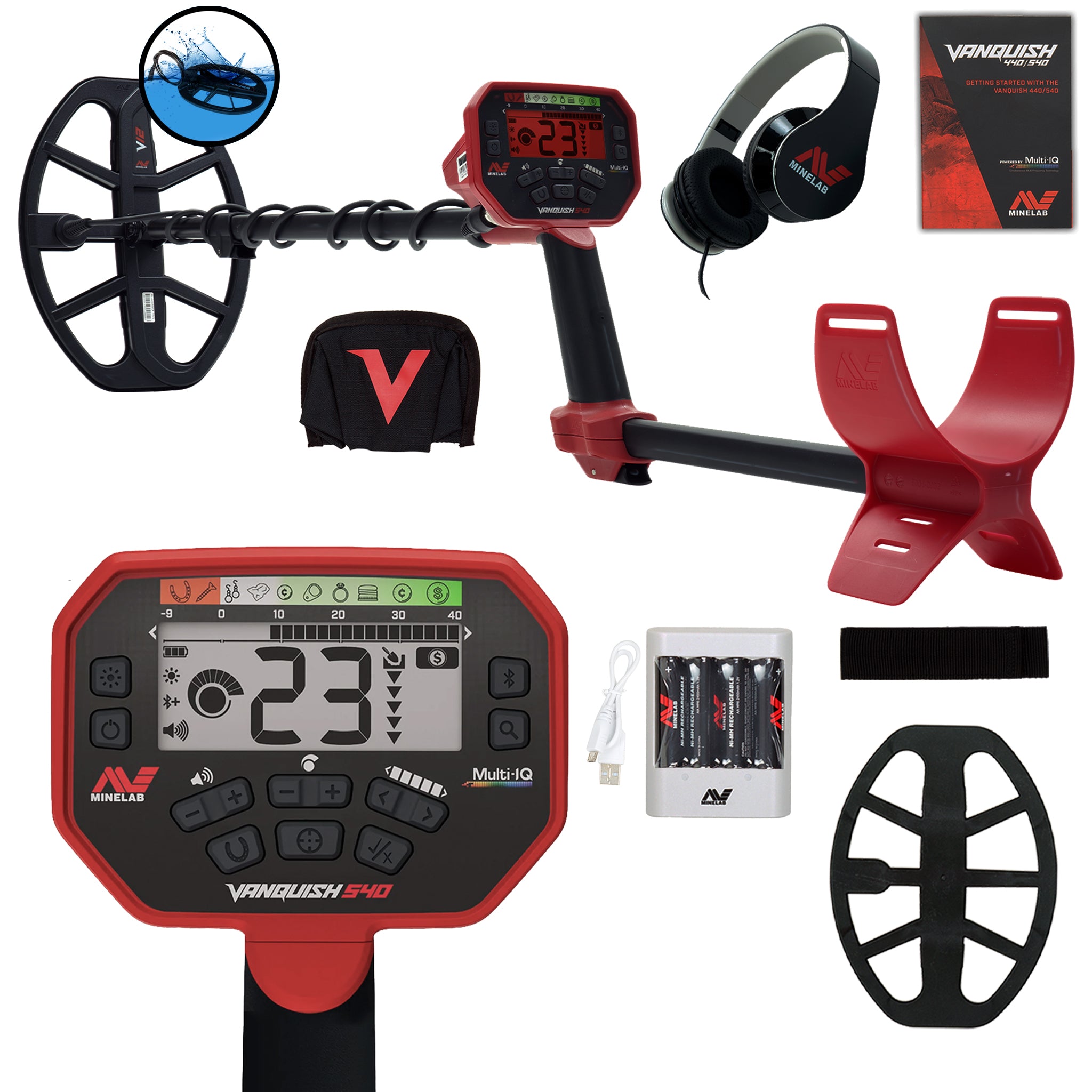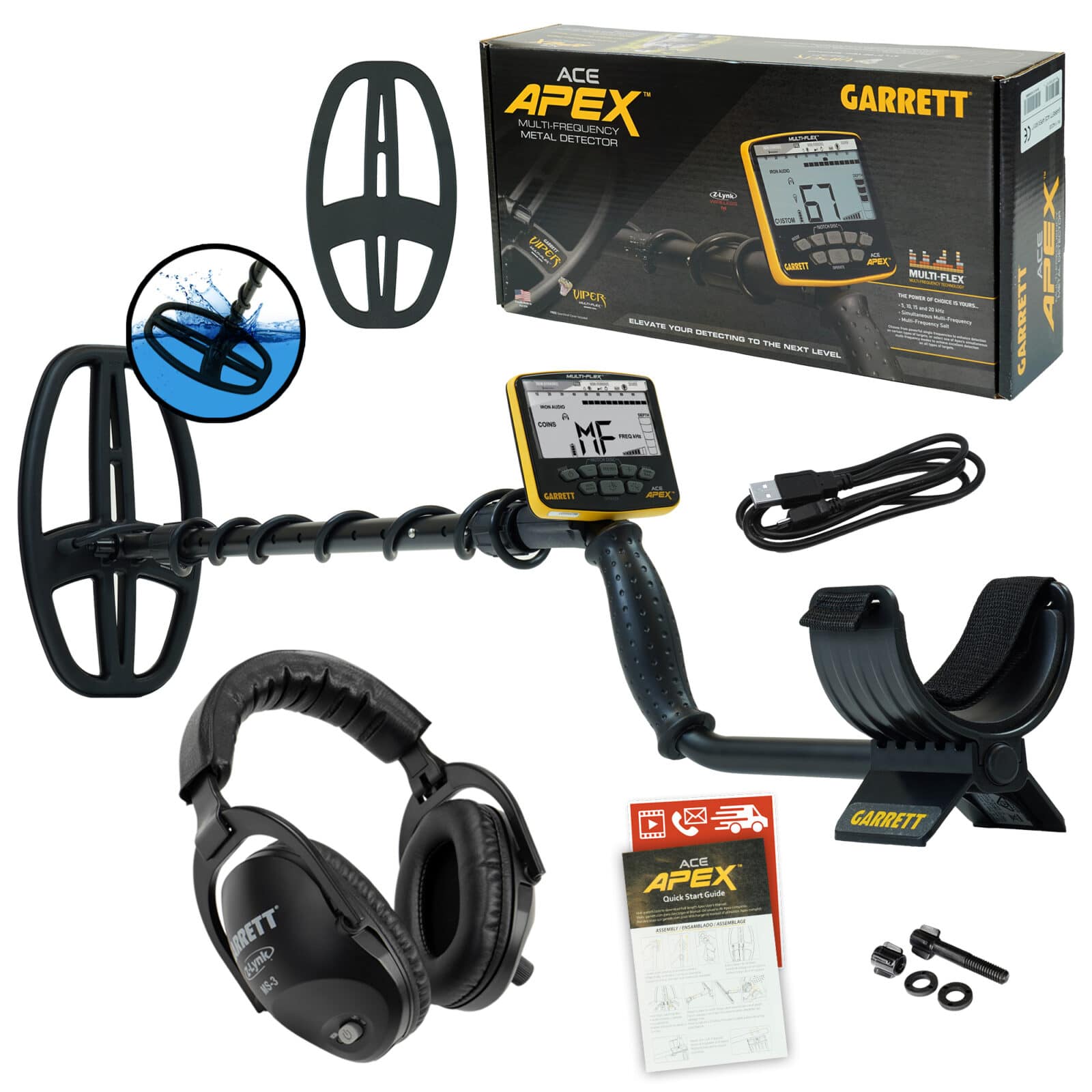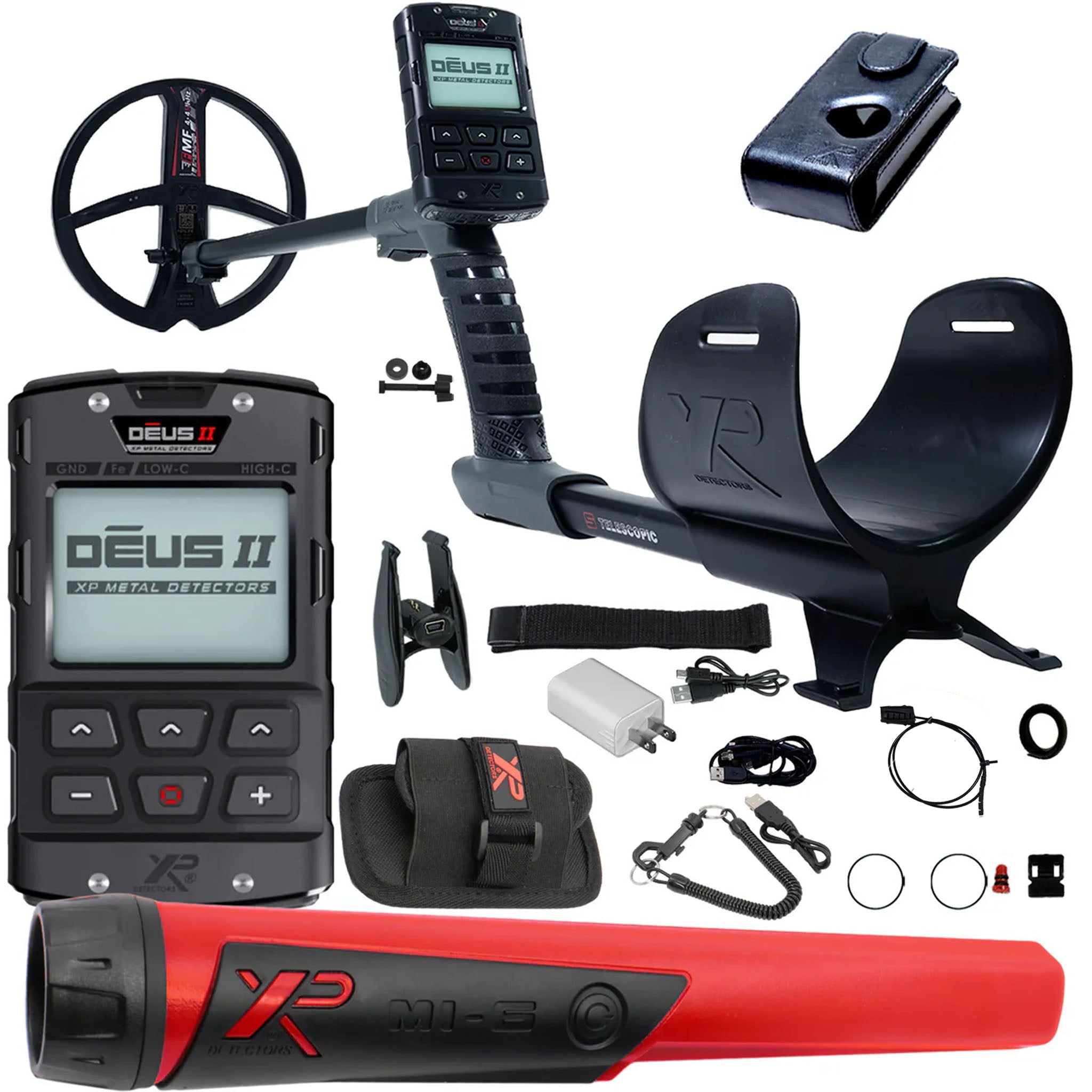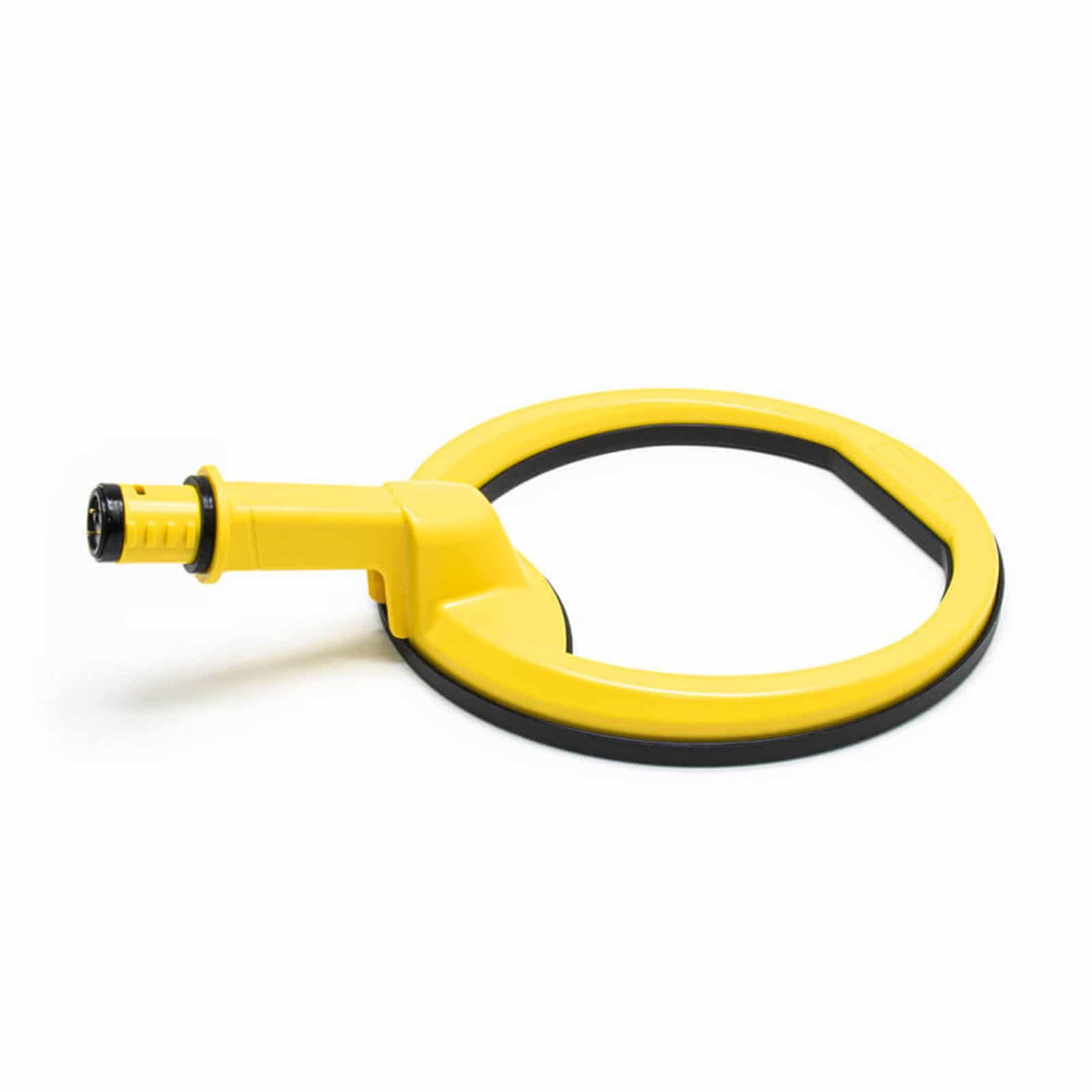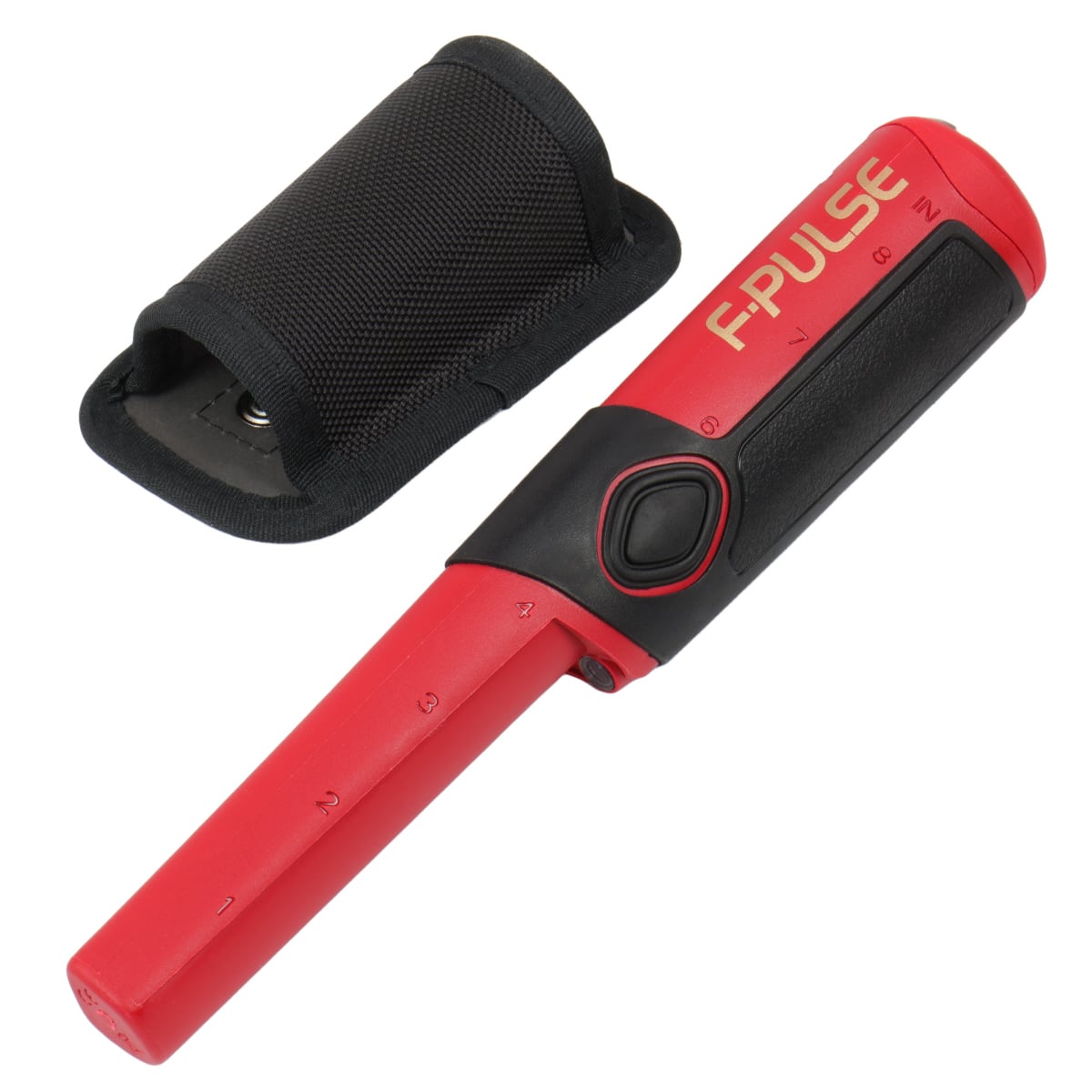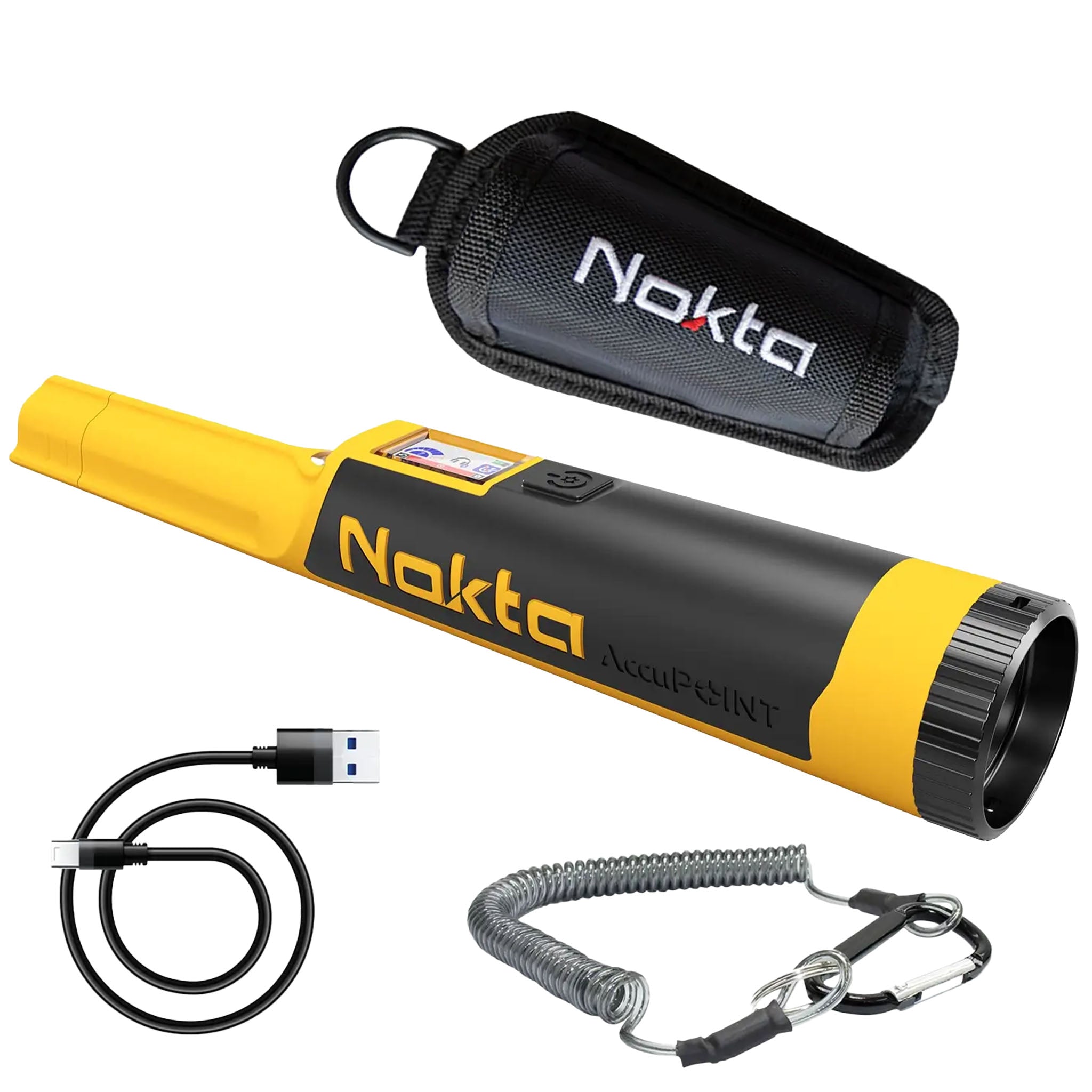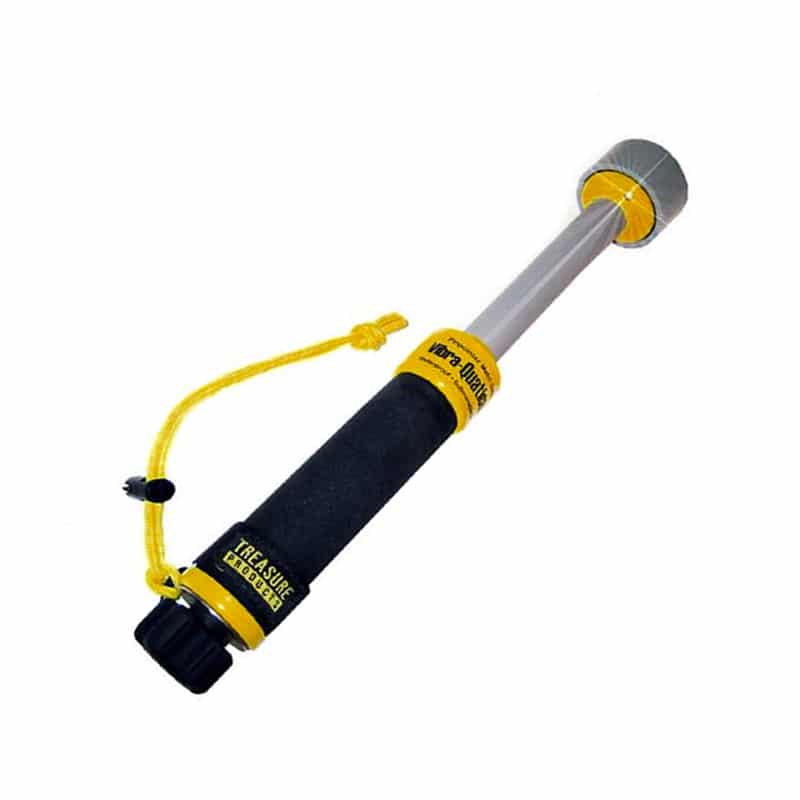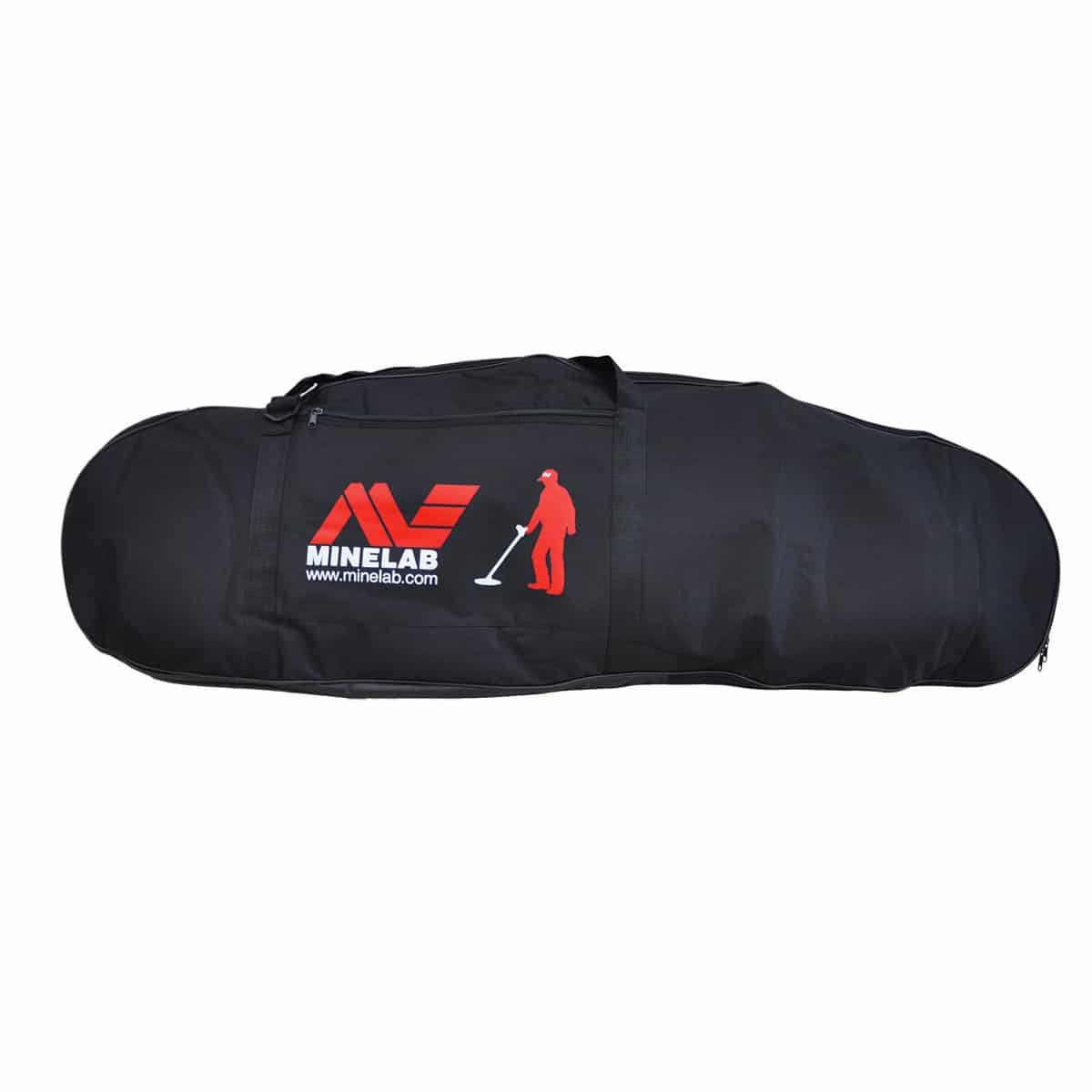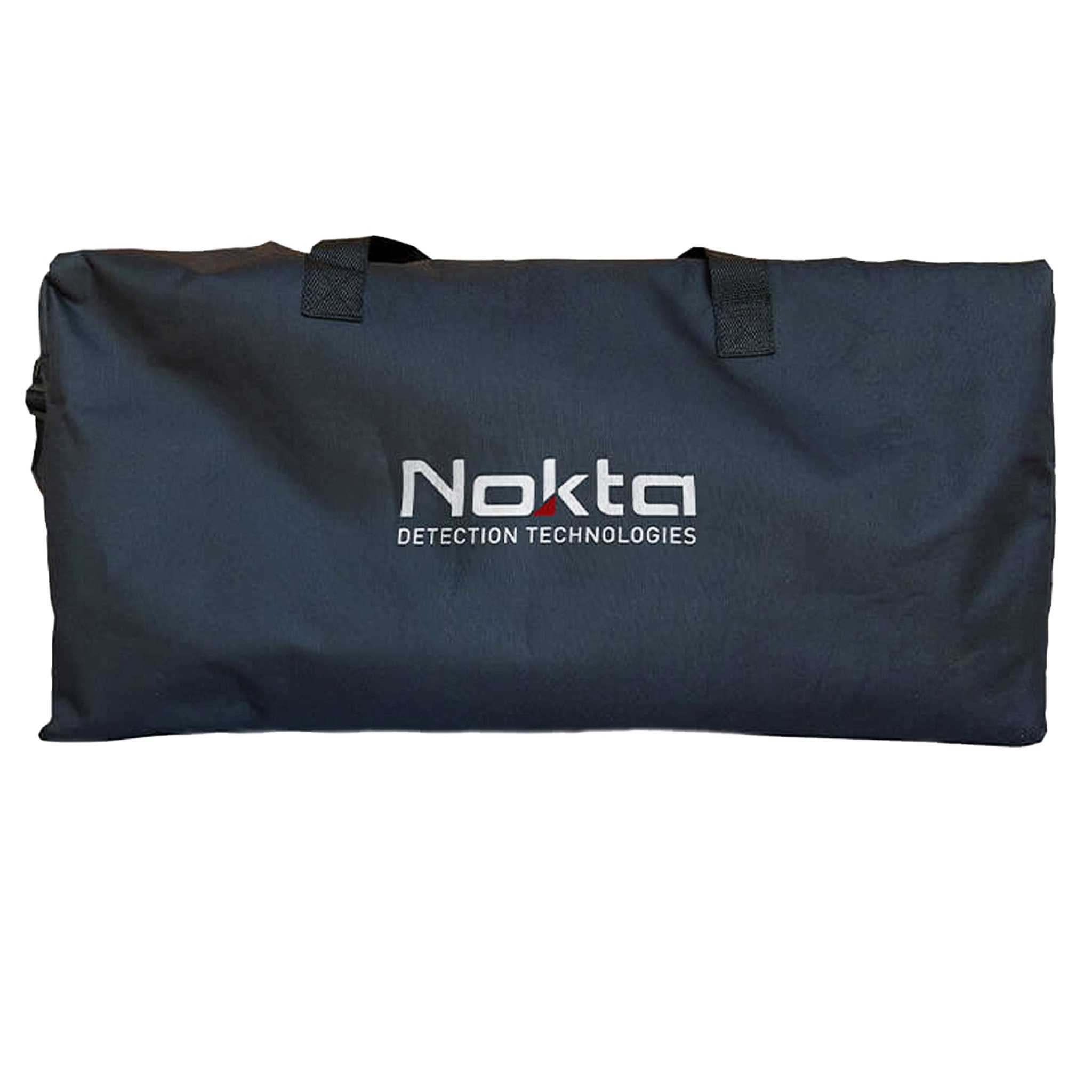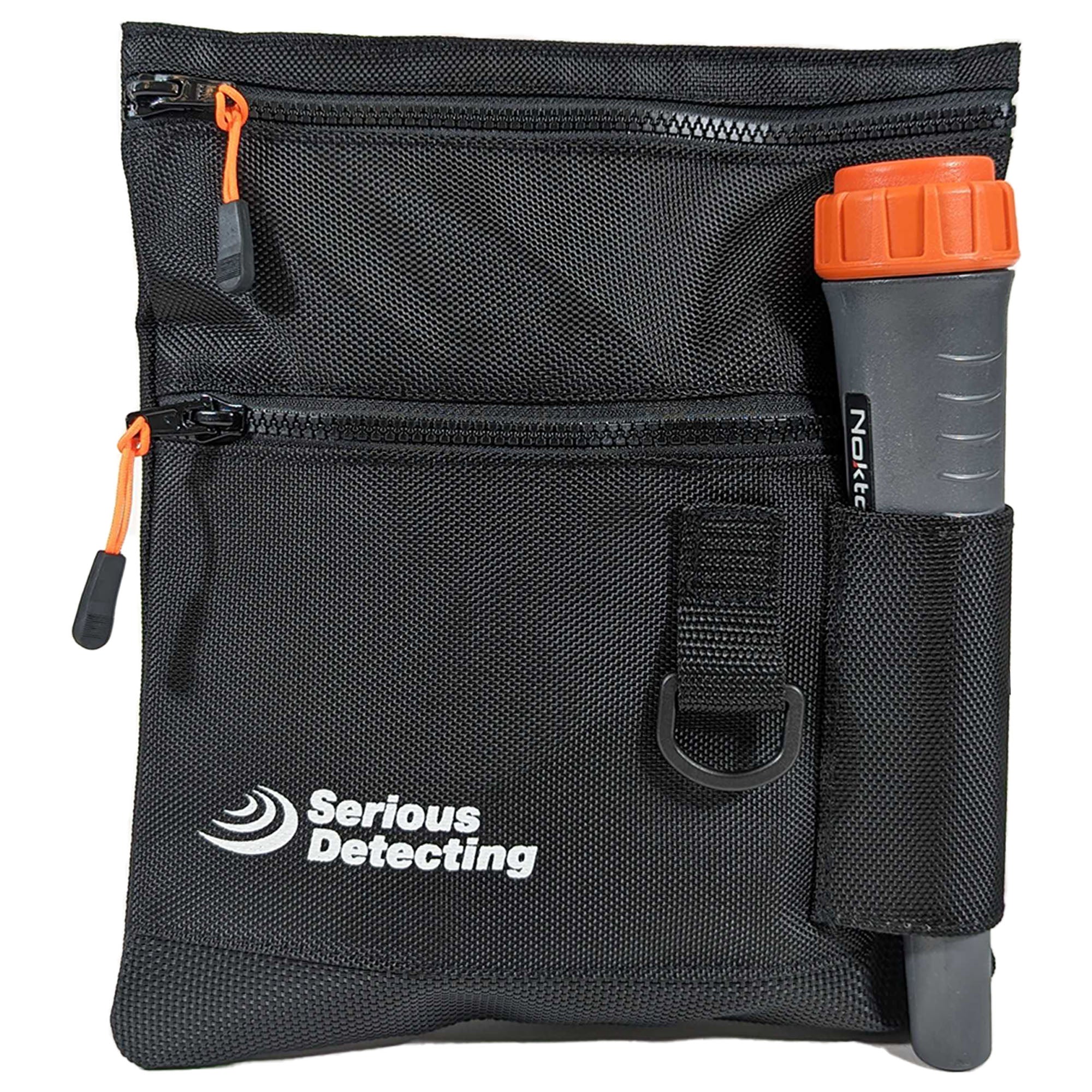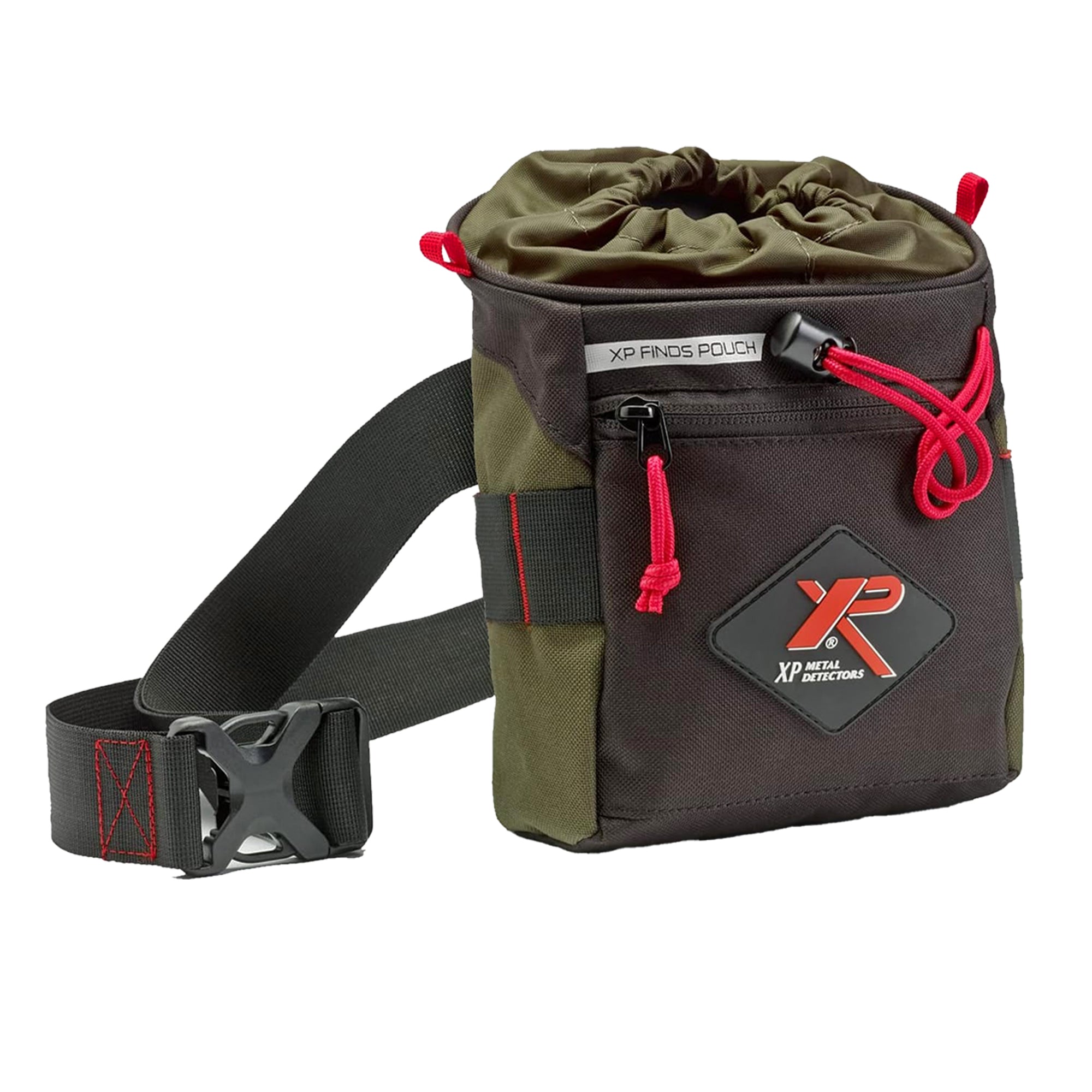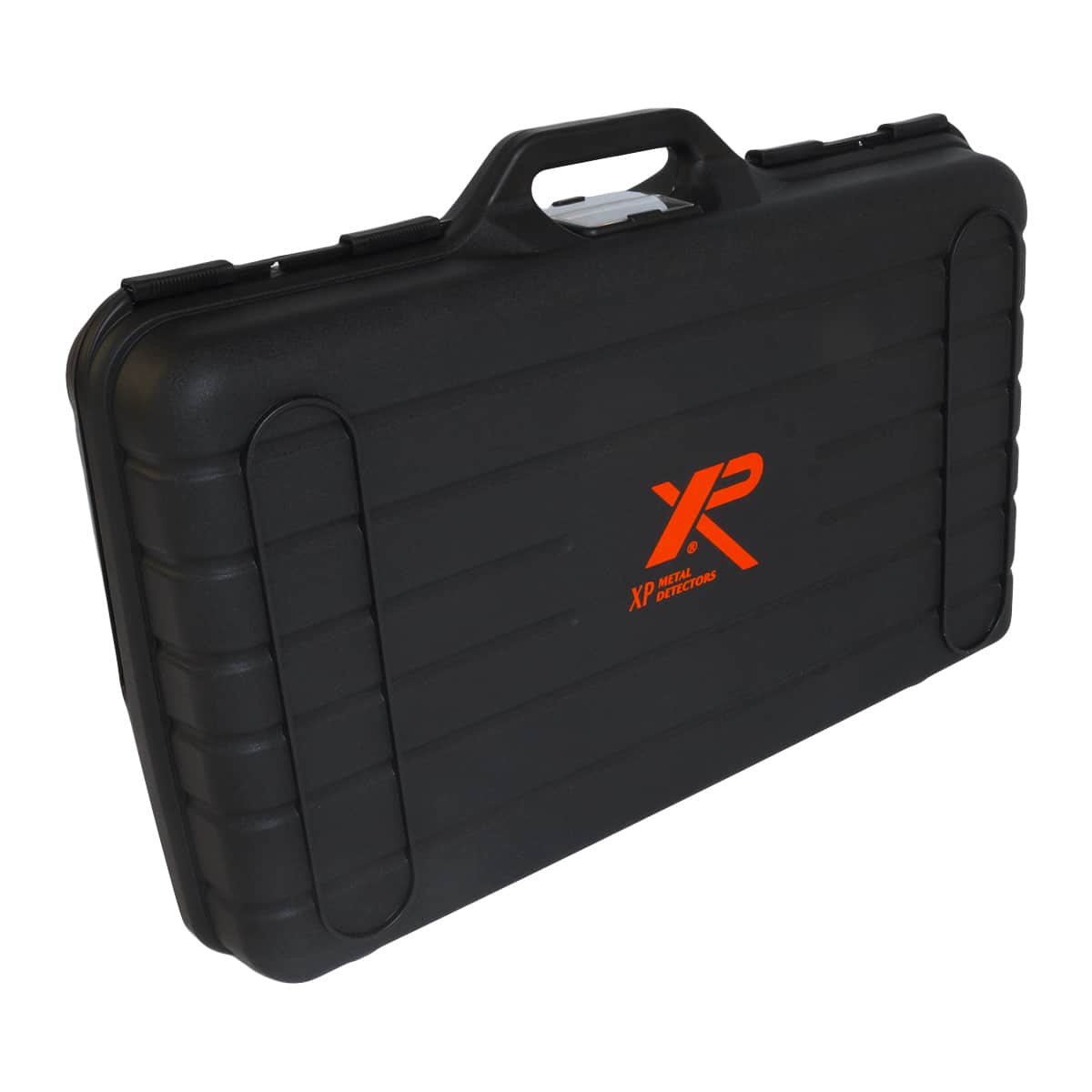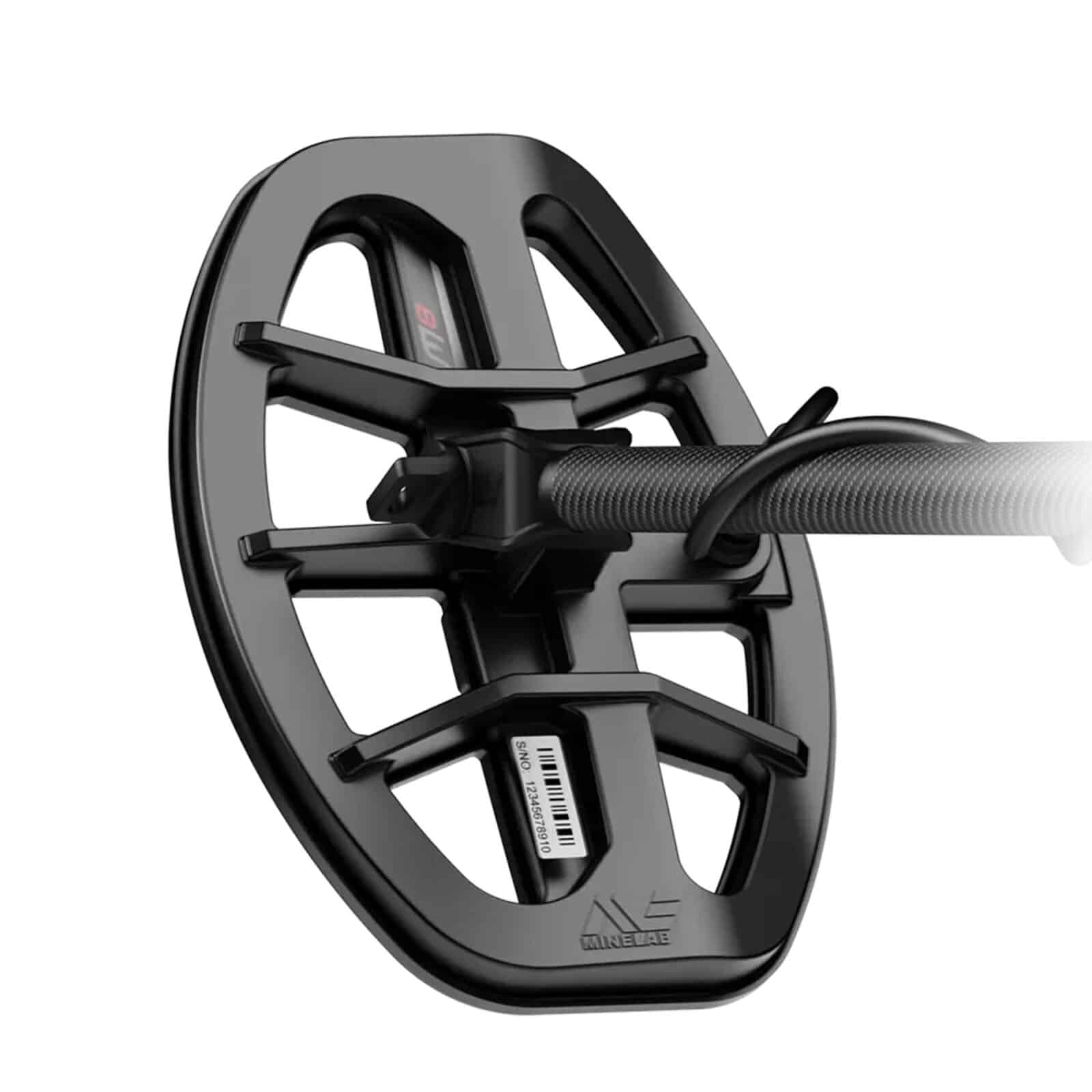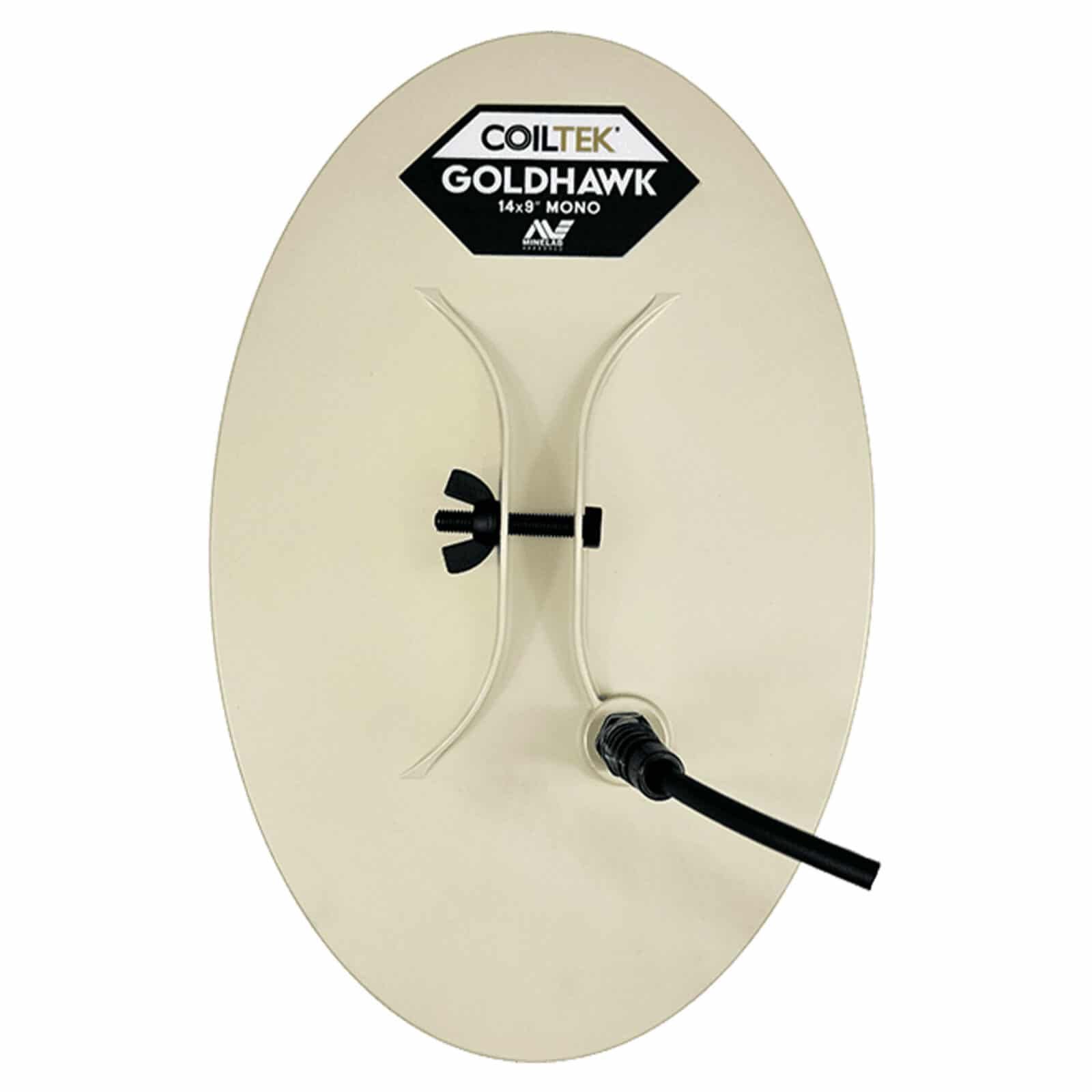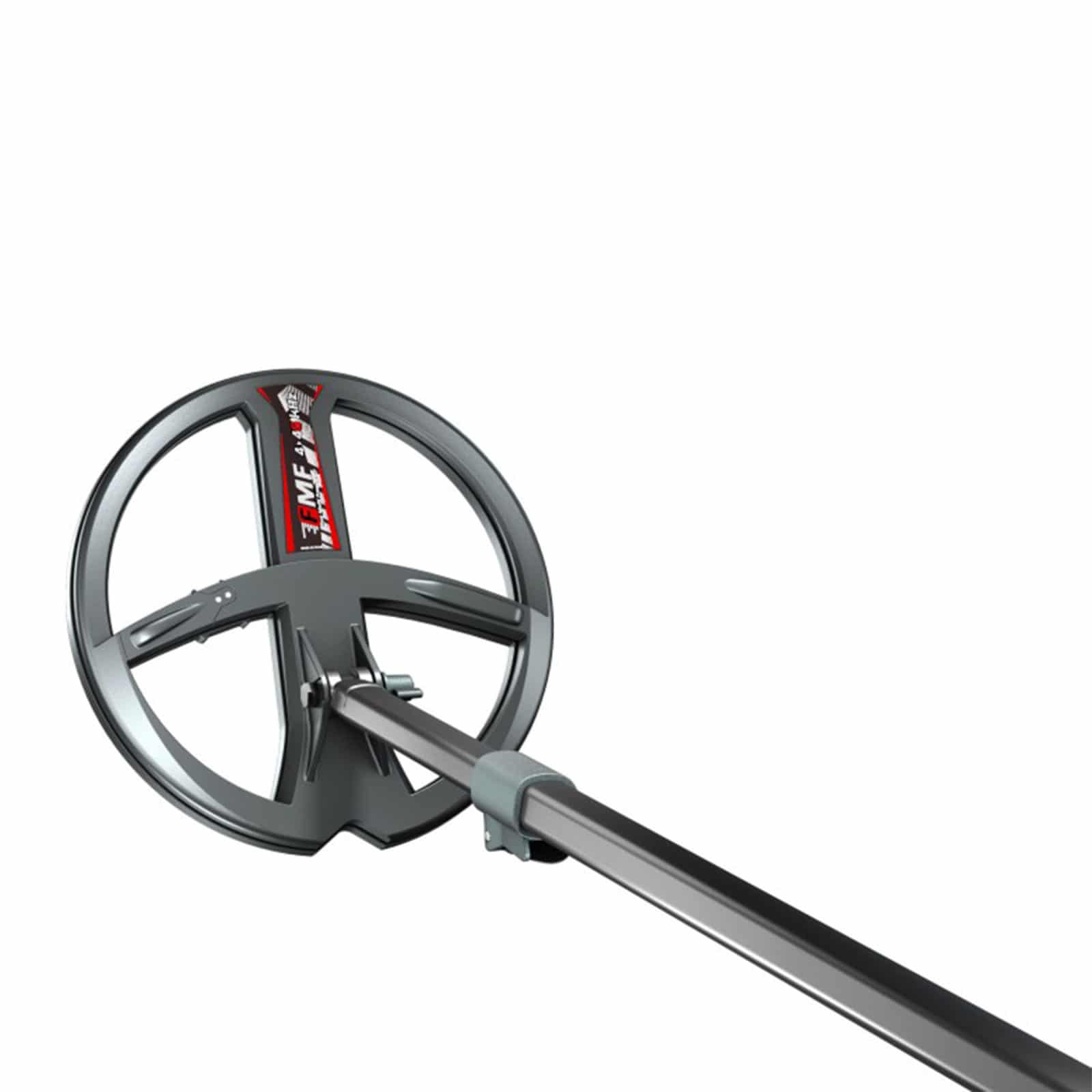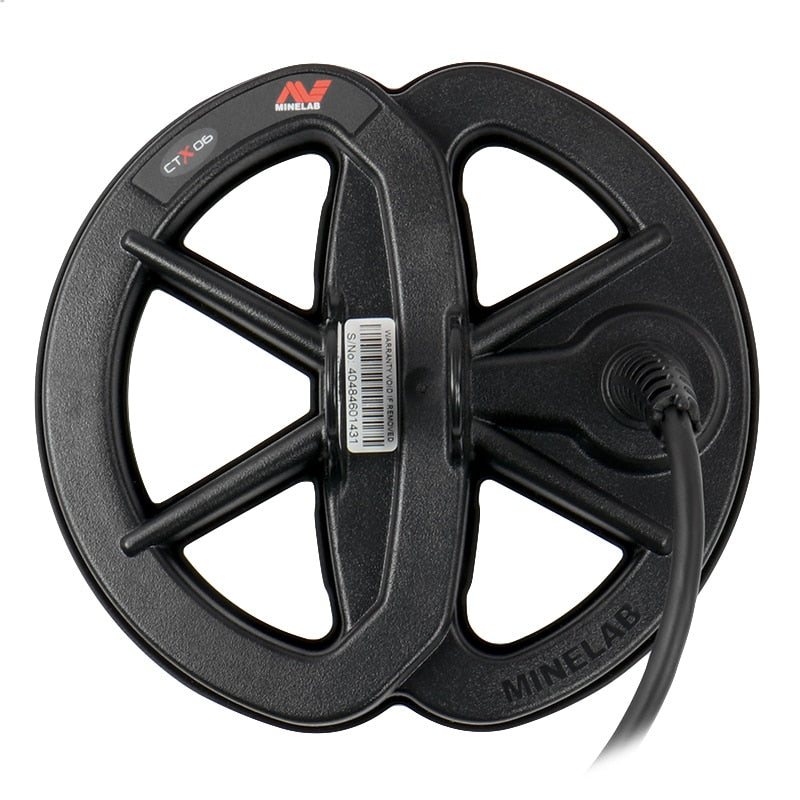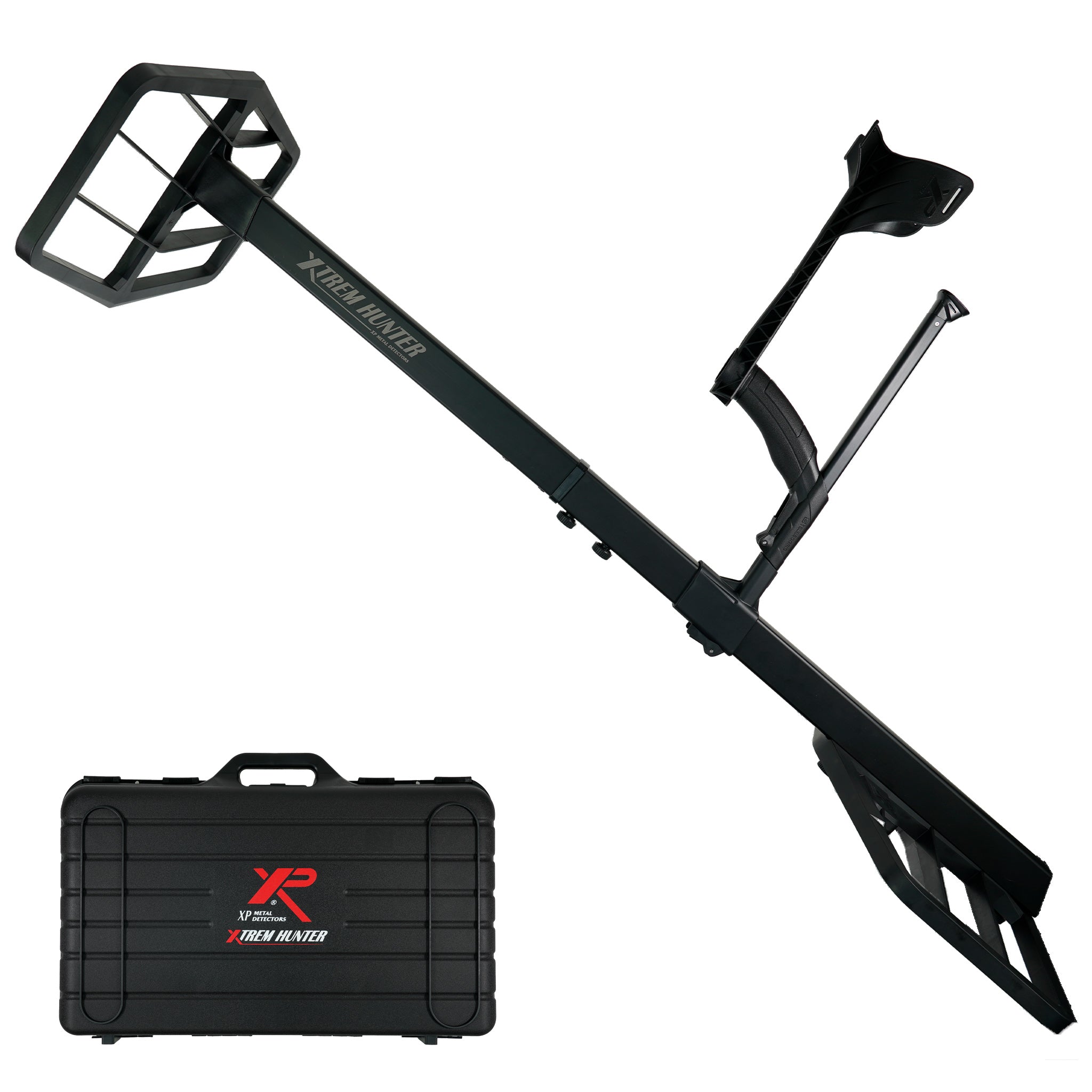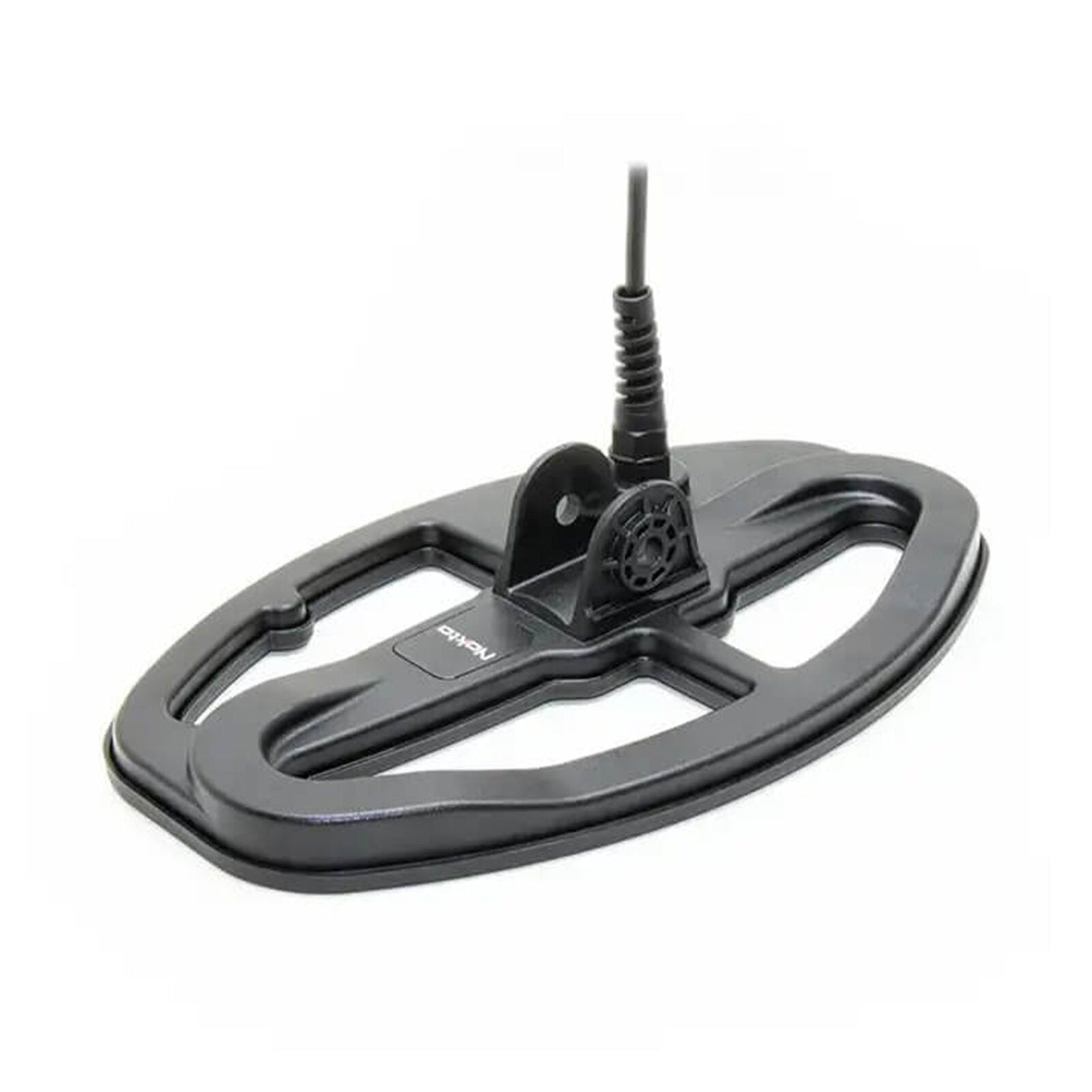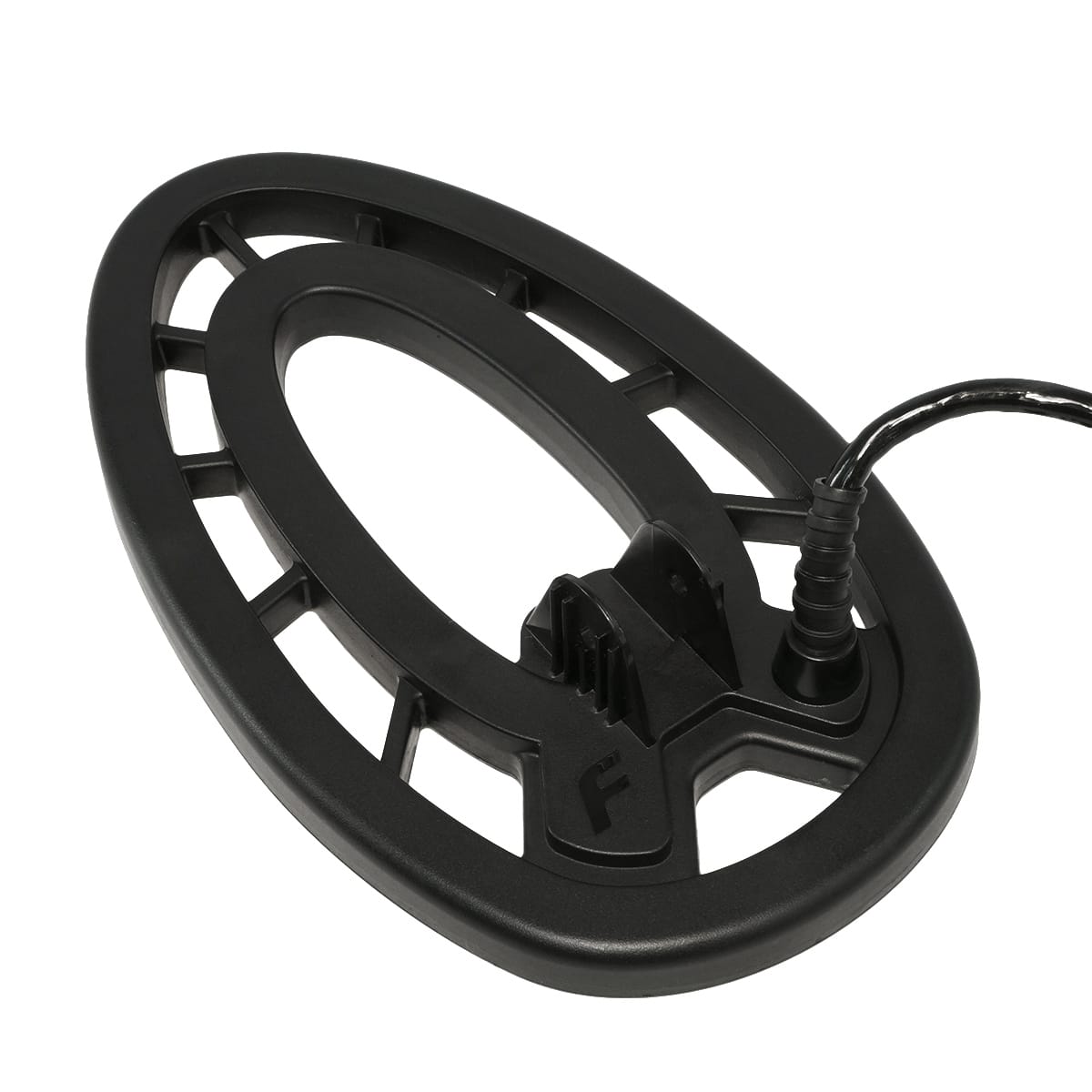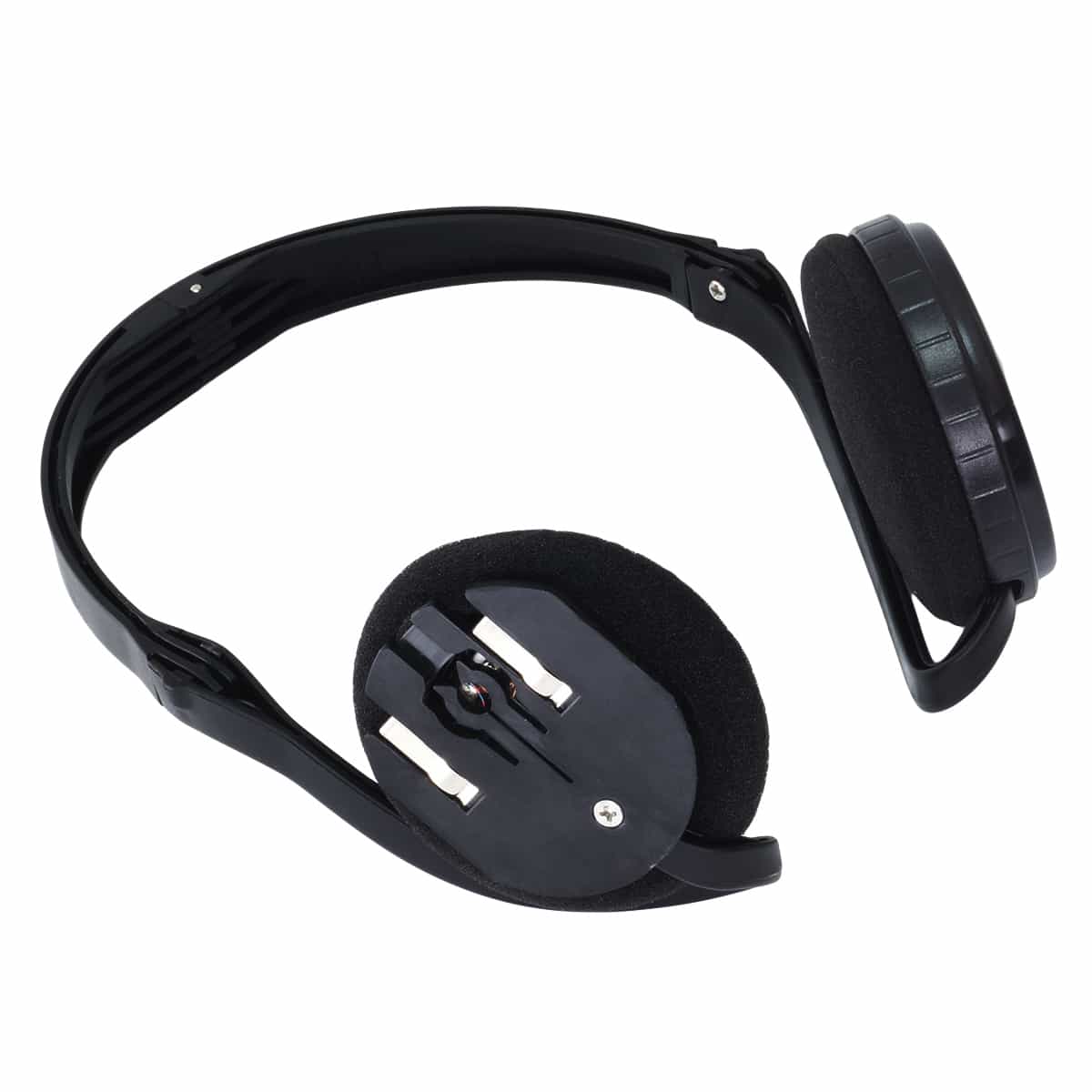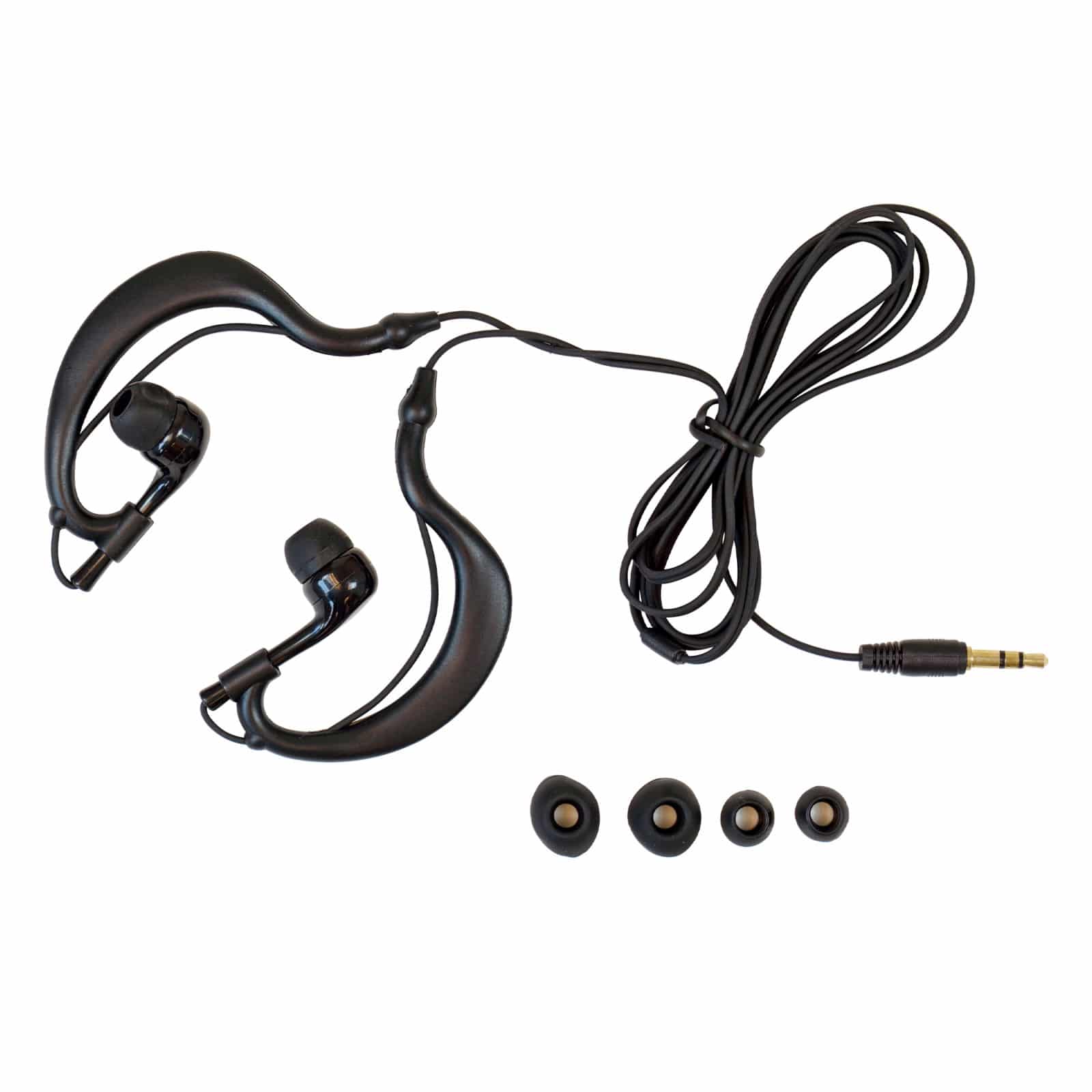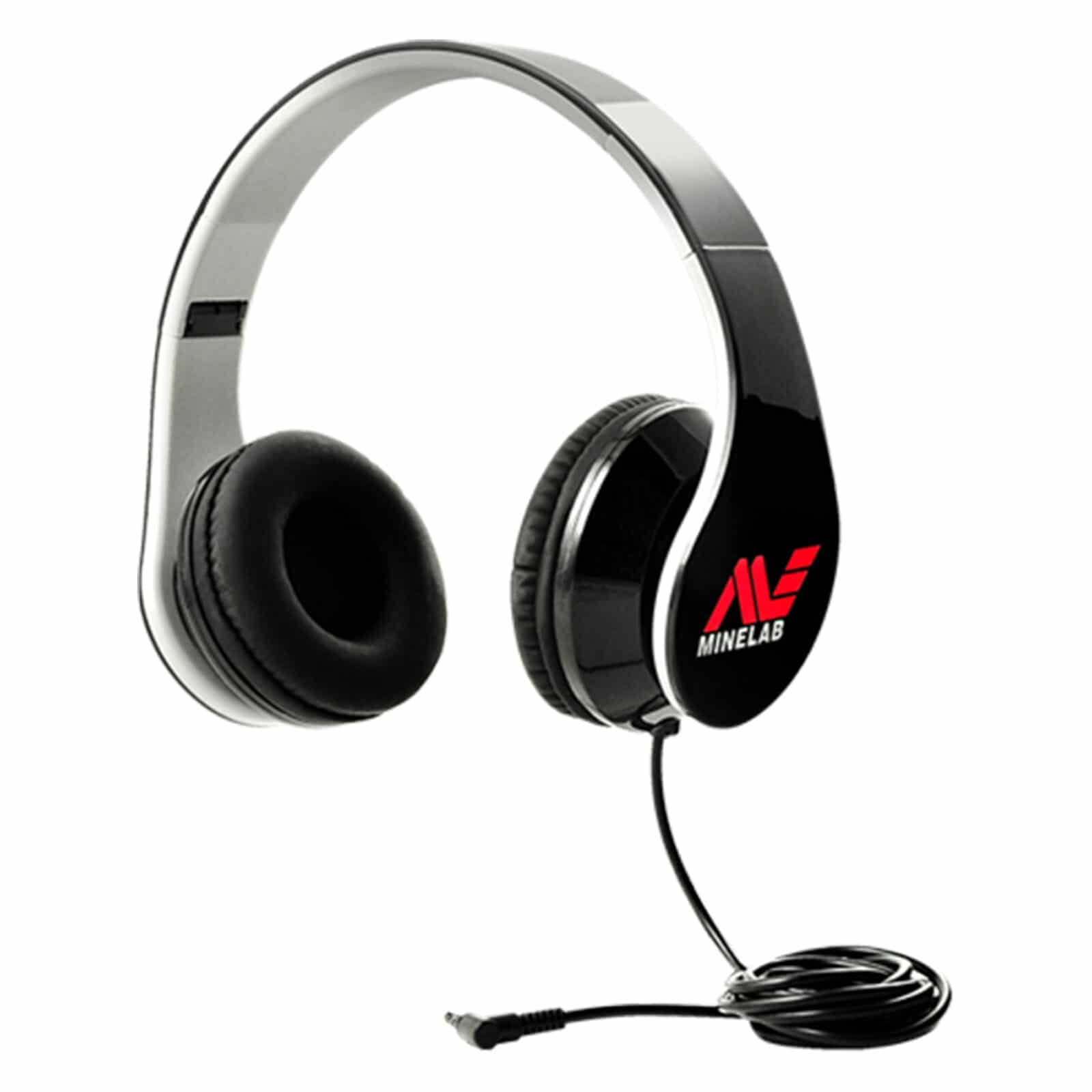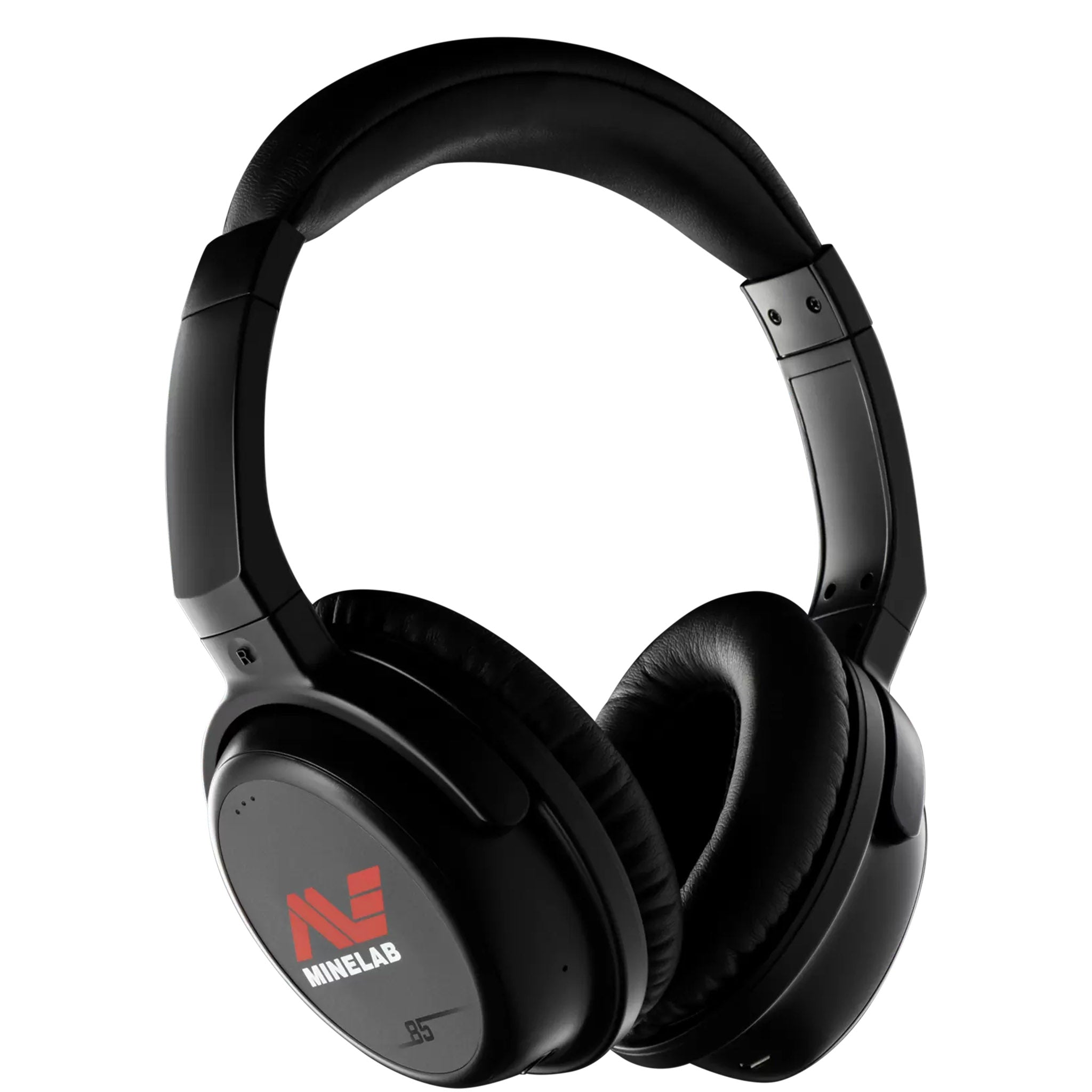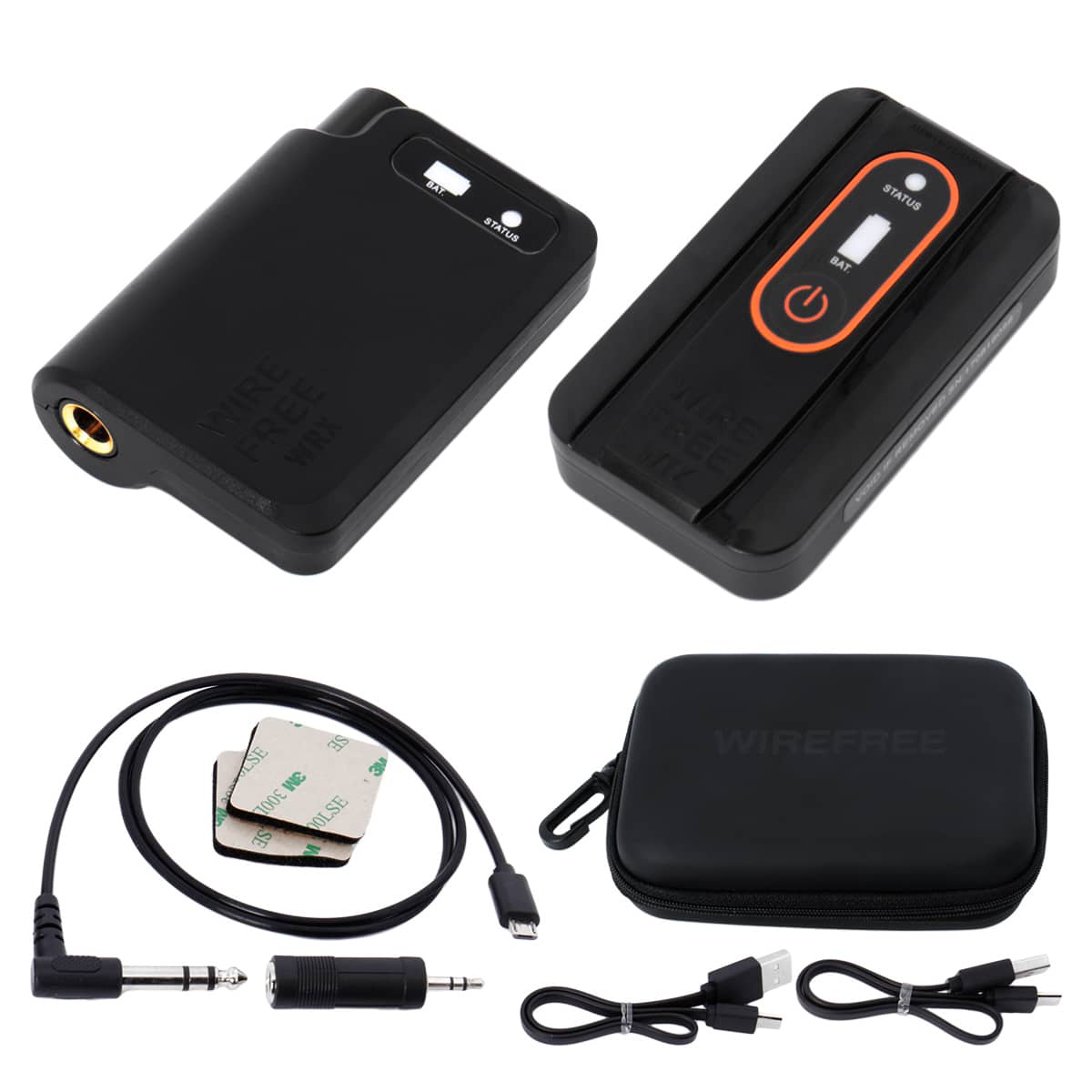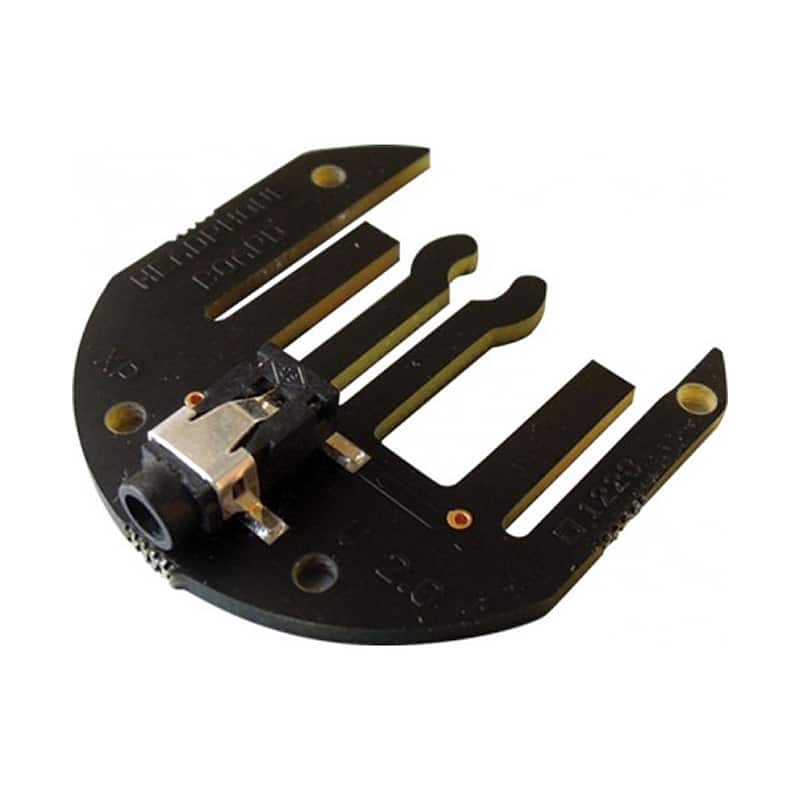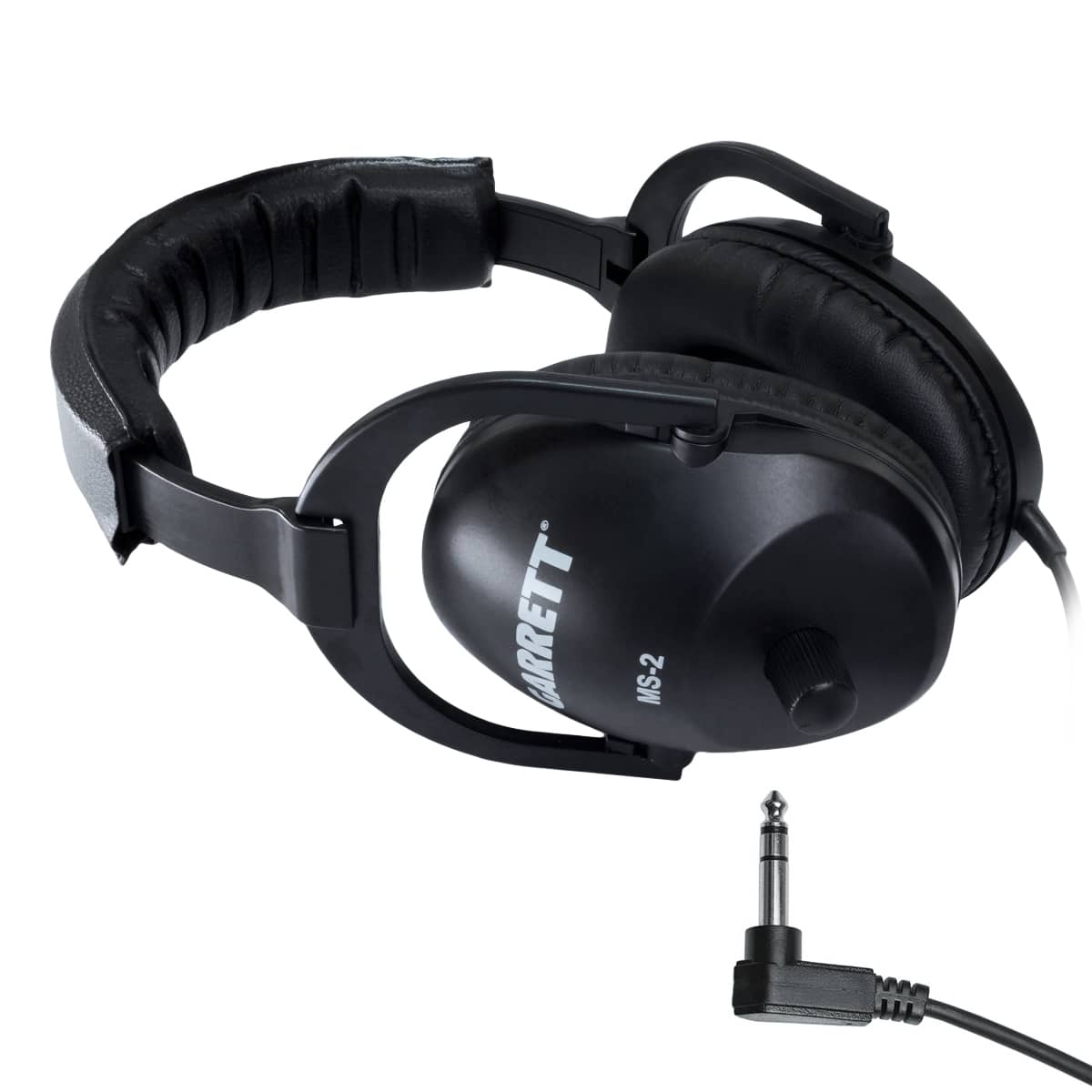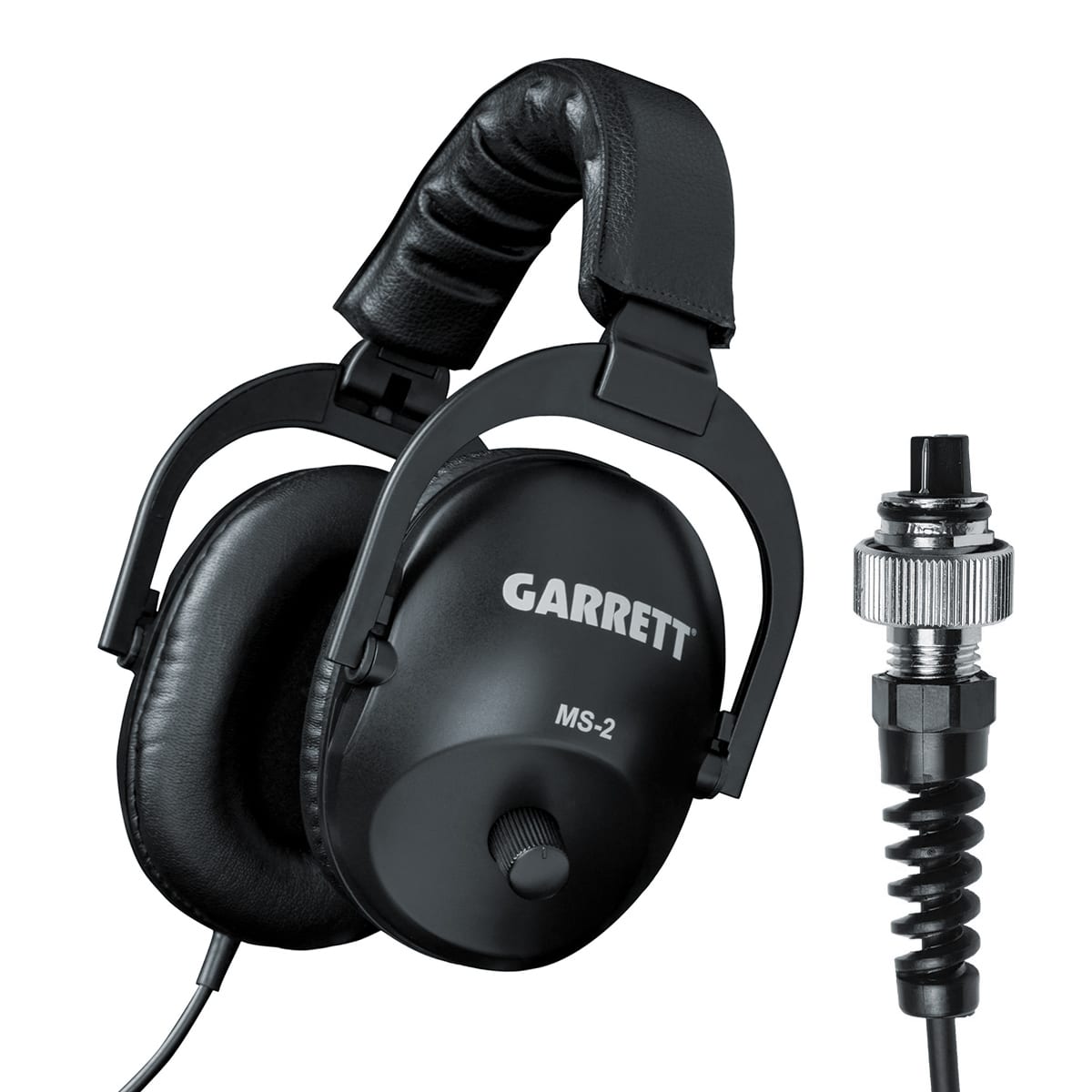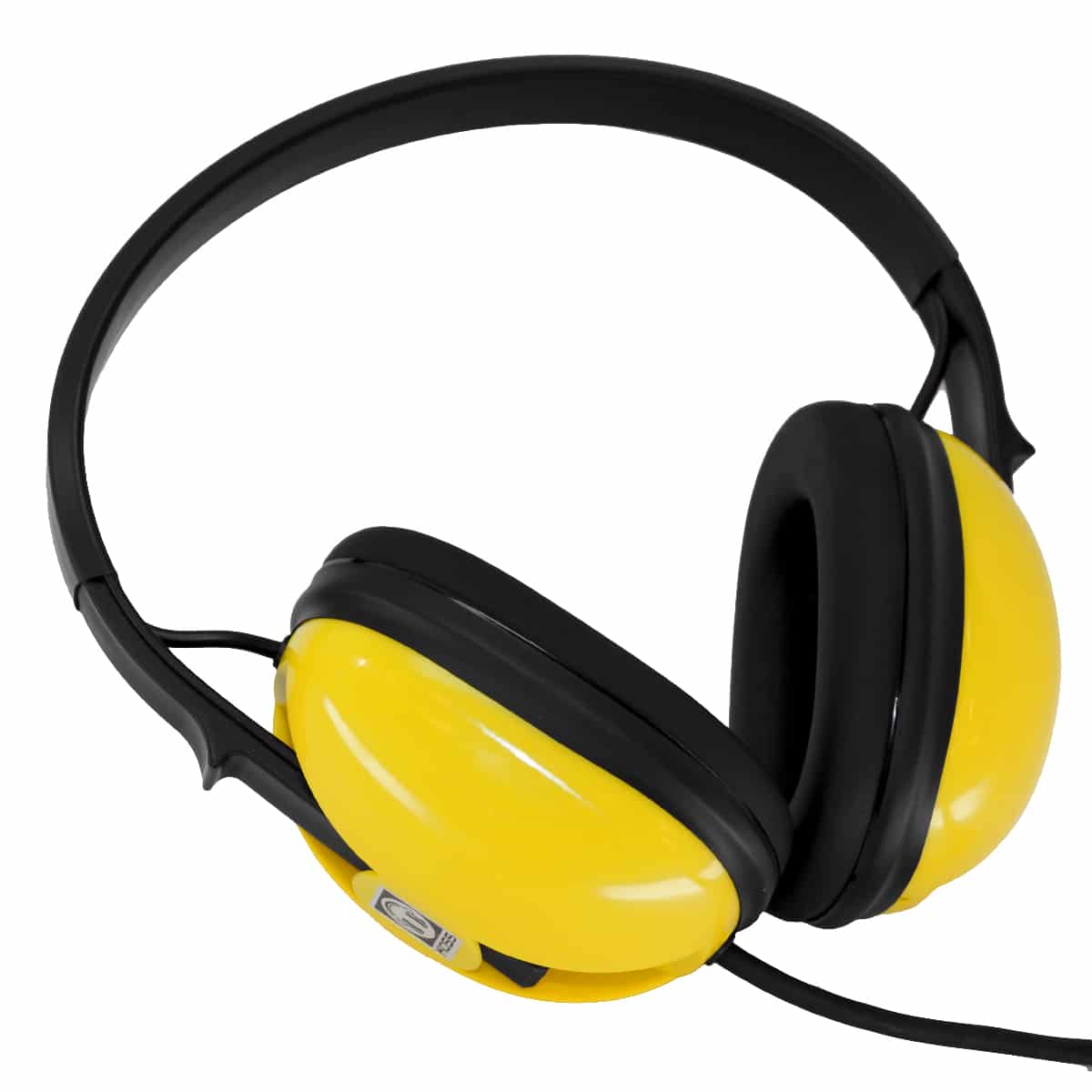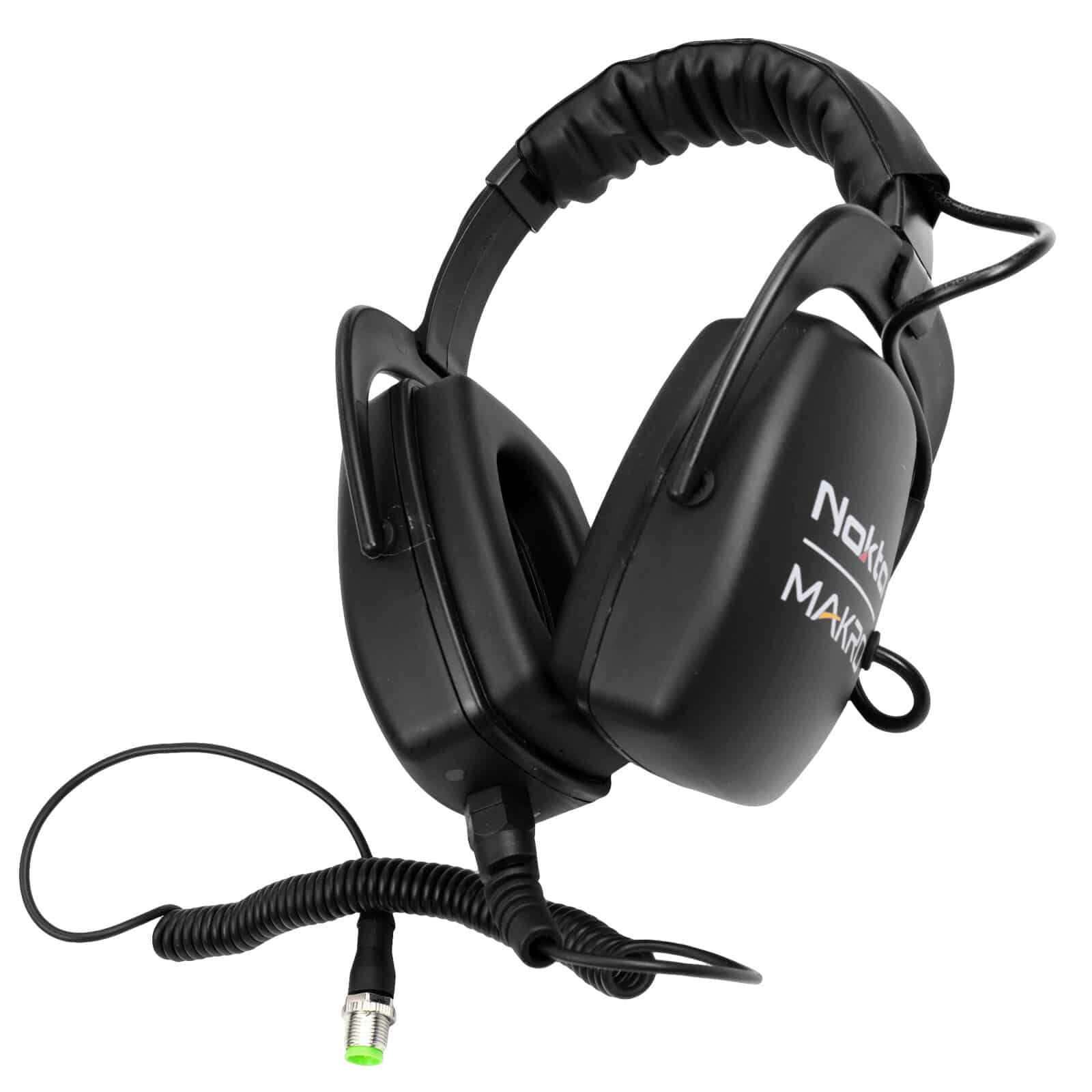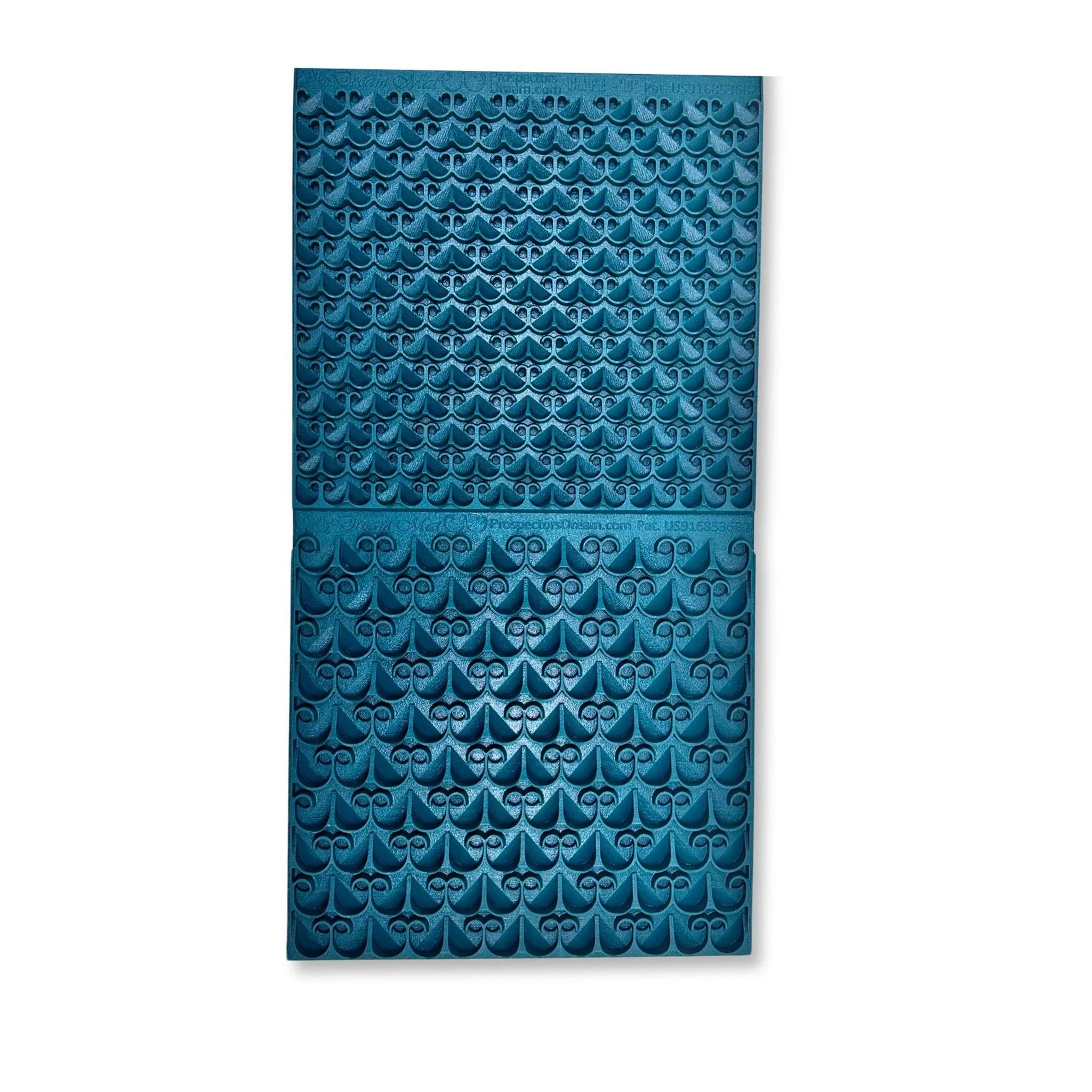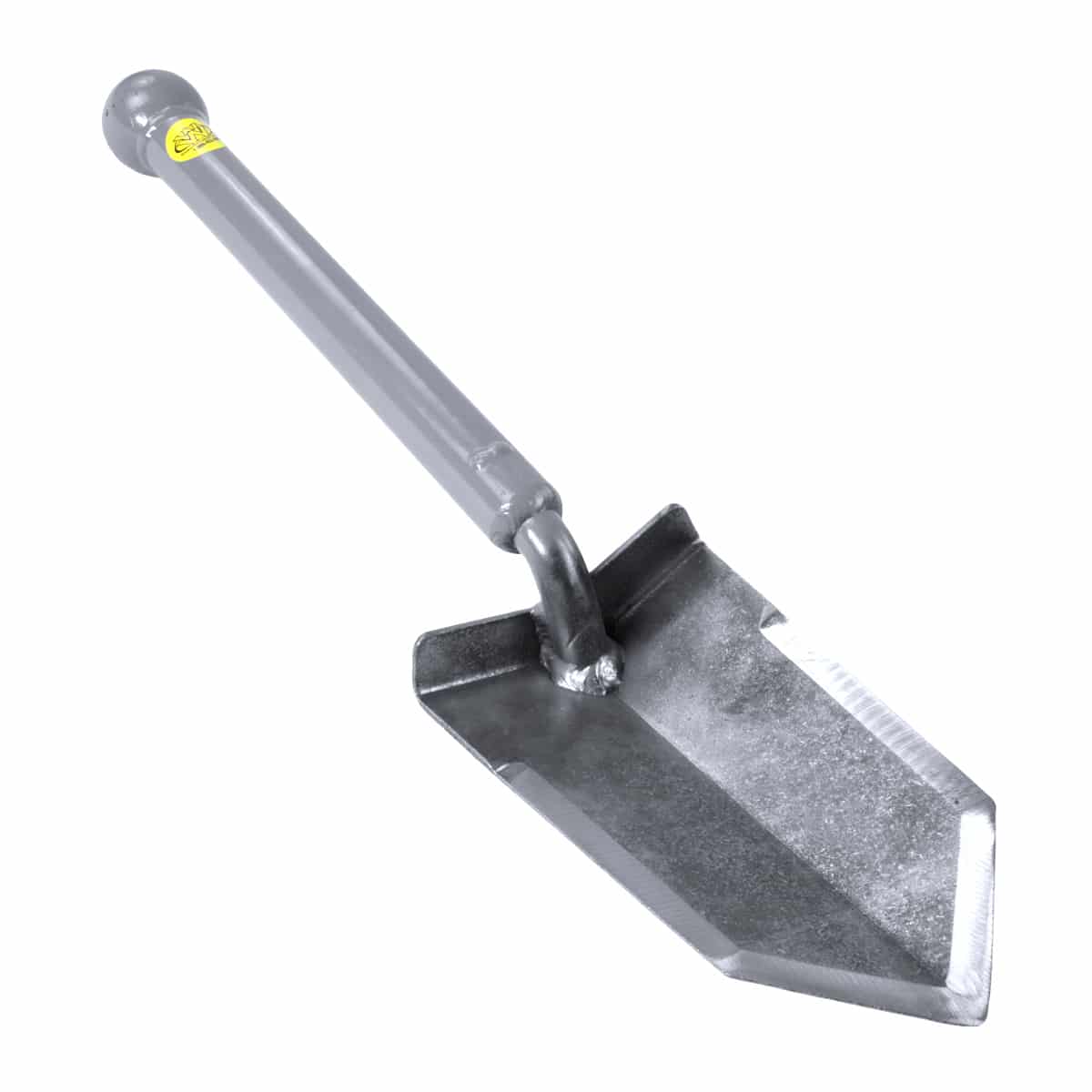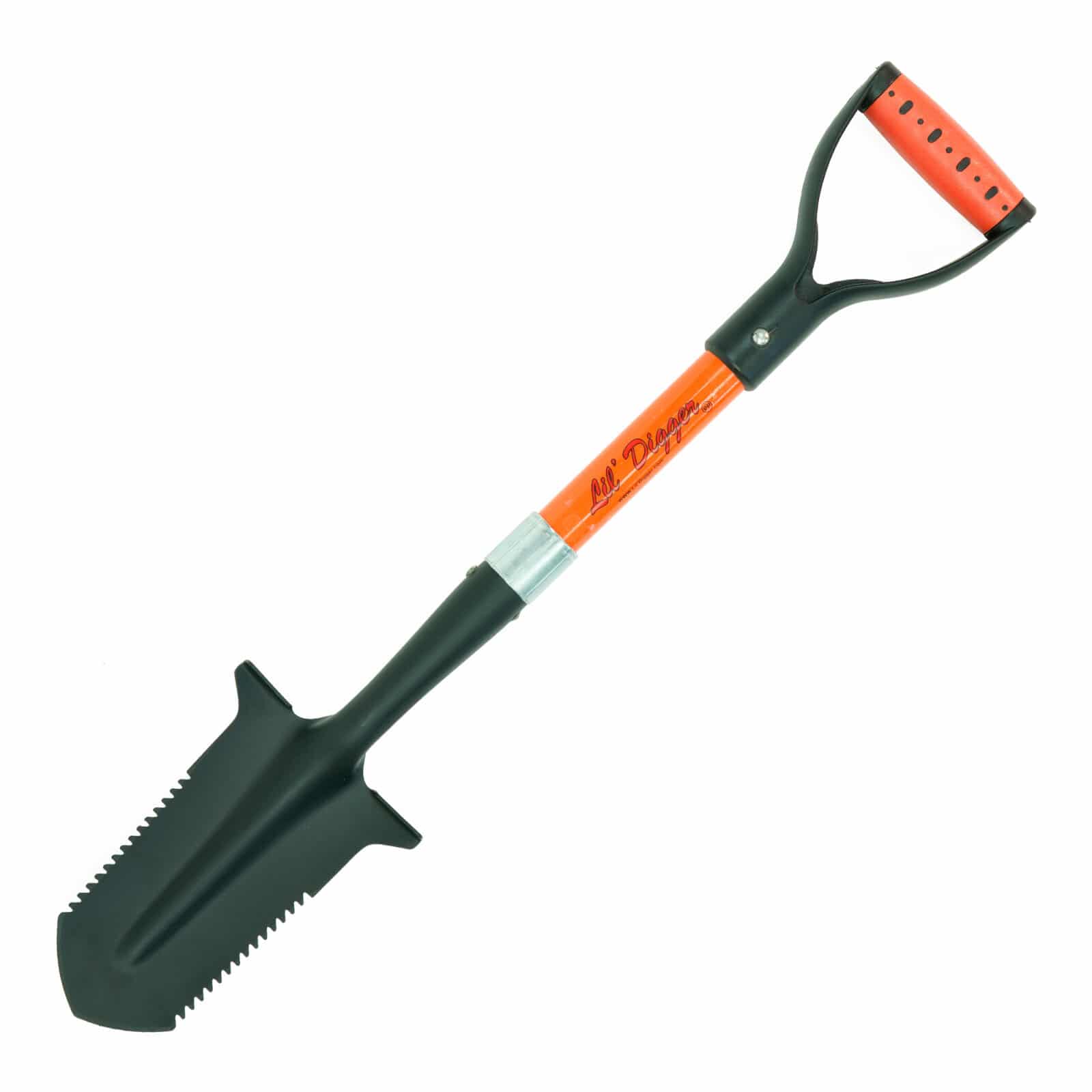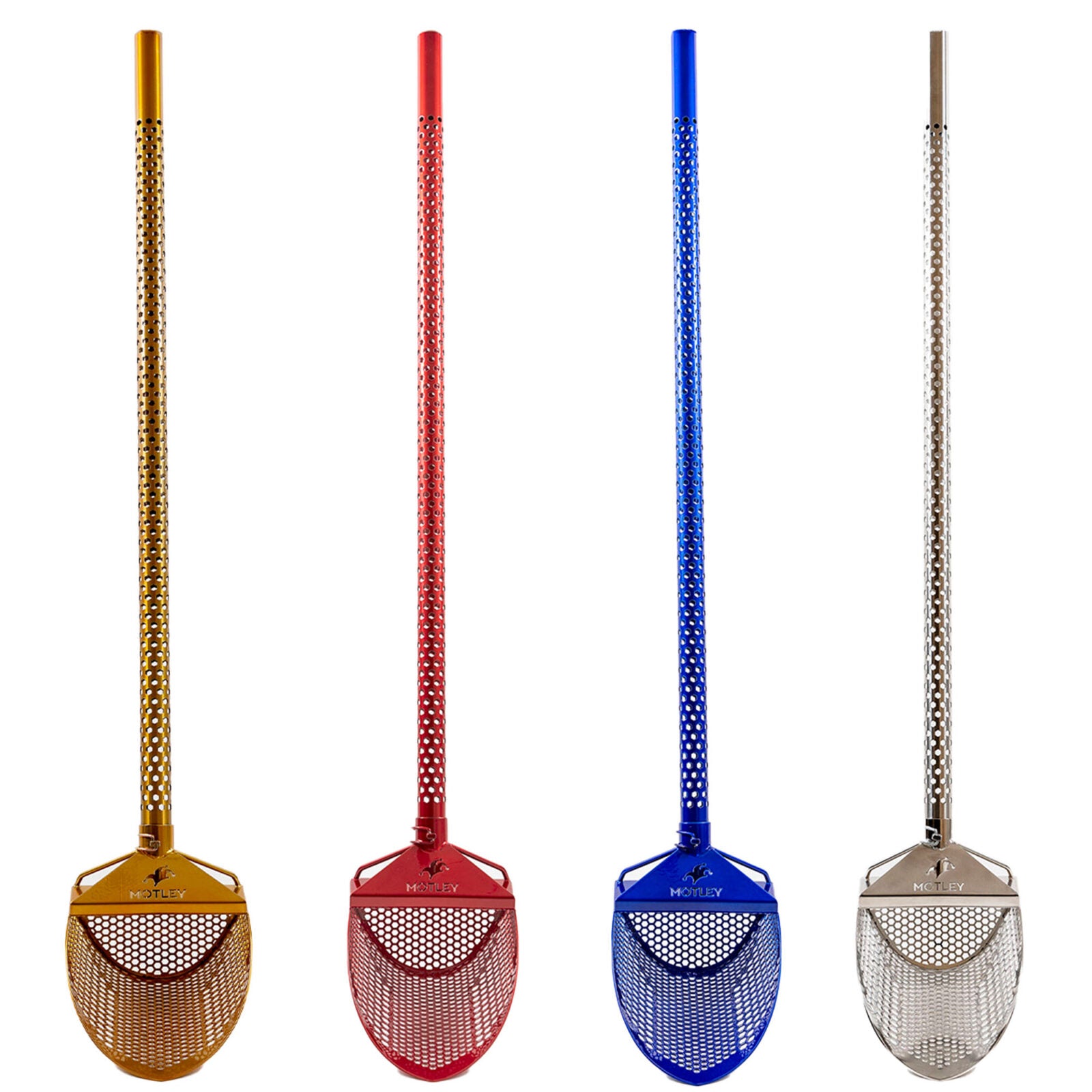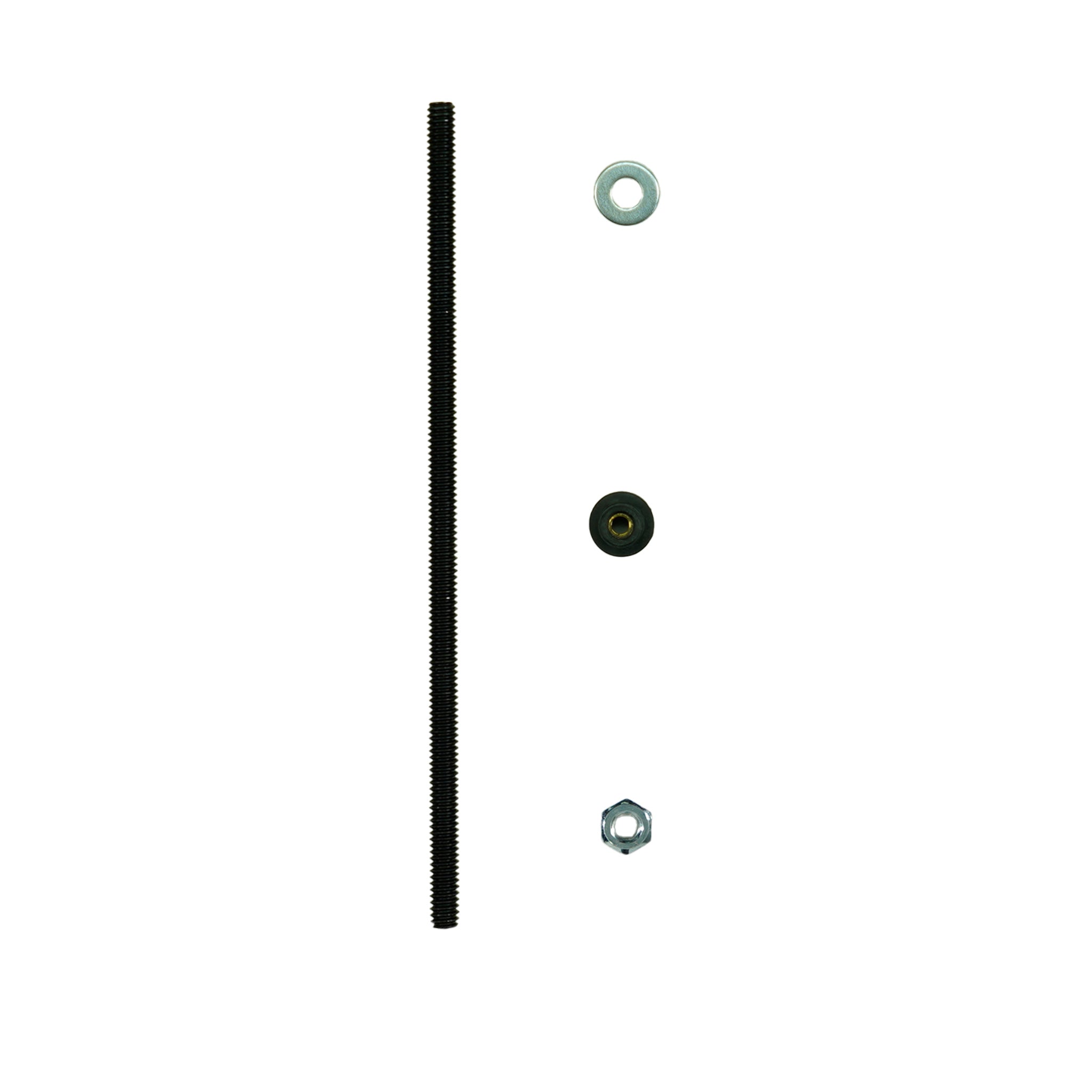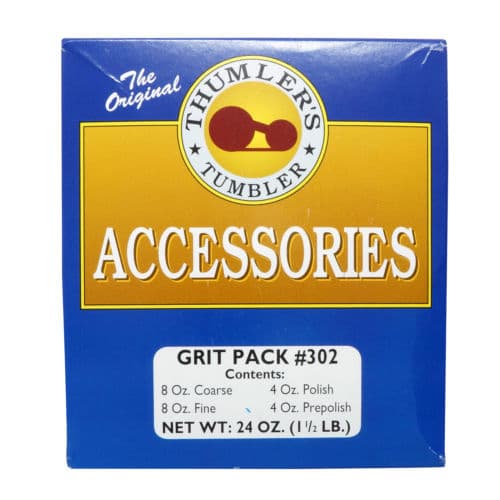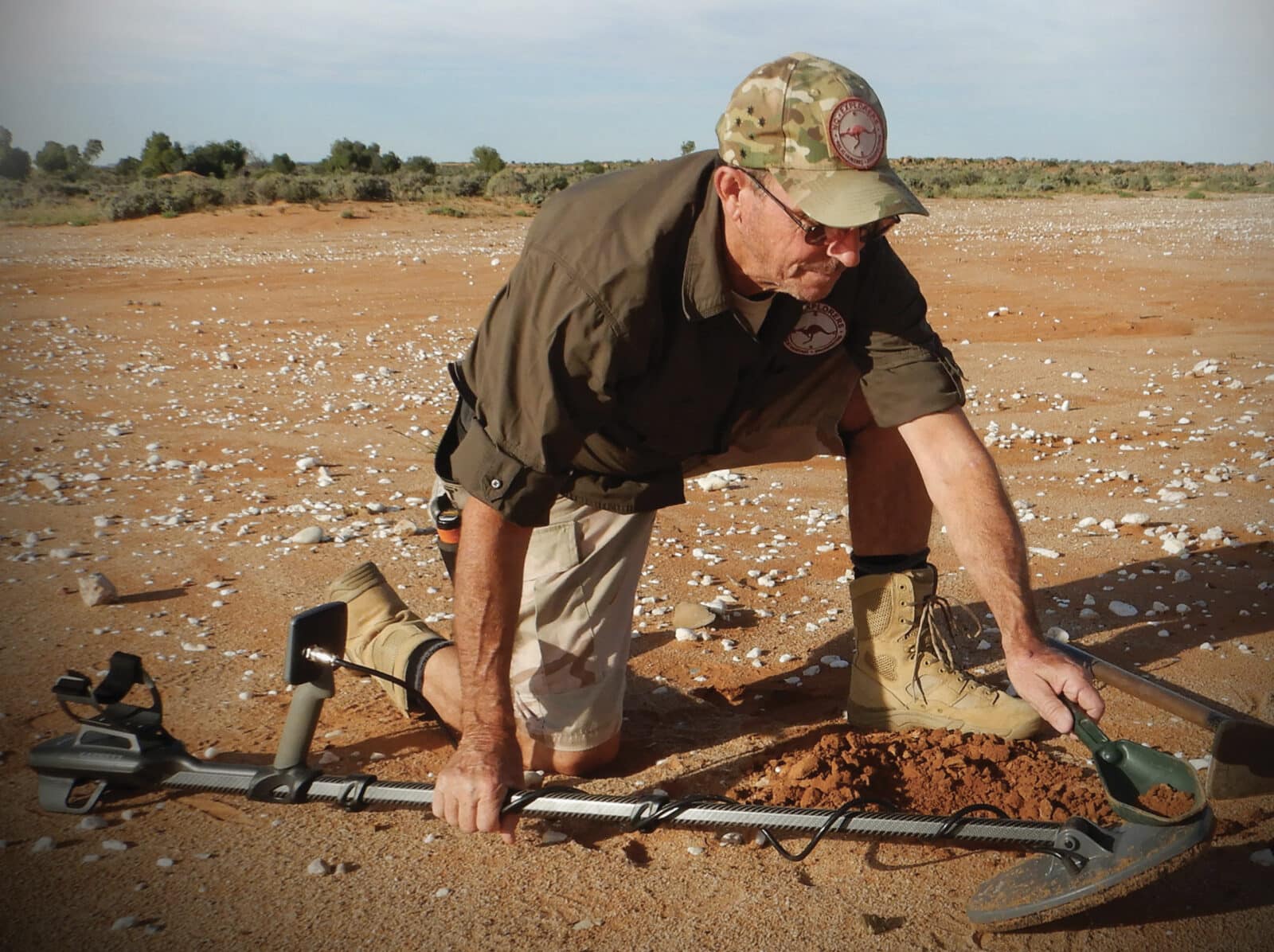Gold has been a valuable commodity since the dawn of civilization. The tomb of the Egyptian ruler Tutankhamun (who ruled in the 14th century B.C.) was packed with gold treasures and ornaments to help the boy king ascend into the afterlife. Closer to home, gold prospecting plays an essential part in American history.
The California gold rush in 1848 was responsible for the development of many Western states. The need to bring mail to lonely gold miners even led to the creation of the Pony Express and the transcontinental railroad.
Today, gold remains a highly sought-after metal. Along with the production of jewelry, gold is used in the development of computers, jet engines, and even spacecraft. Without gold, Americans might not have put a man on the moon.
If you’re interested in searching for gold, there are many sources at your disposal. You can look for gold flakes or collect rare coins. This guide will focus on the prospecting aspect, for the amateur gold sleuth who knows there’s money buried in the hills.
How To Know Where To Find Gold
There is good news for anyone who wants to start gold prospecting: you can find gold in almost every state in the nation. You could turn to online guides that are specific to your region and even join local prospecting groups that know where to find gold near you.
While there might be gold in your area, experienced prospectors know that some regions are more likely to have gold flakes than others. Knowing where gold is commonly found can set you up for success, so you aren’t searching for this metal in a dry area. Here are a few popular places to search for gold:
- Quartz veins: It’s possible to find gold-bearing quartz in some veins. Gold is particularly easy to see in contrast to white quartz and you can find it with a metal detector.
- Black sand: This type of sand is made up of a collection of different iron-group metals depending on where it is located. Gold is often associated with this material.
- Bodies of water: Rivers and streams are popular destinations for gold prospecting. These bodies of water pick up minerals as they travel toward the ocean, which means it is possible to find gold flakes. .
- Areas near granite: Look for cracks in the granite bedrock to search for gold. Gold can also accumulate in crevices and places where water is running.
If you’re interested in traveling to find gold, look at some of the most common places where gold is found in the U.S. This is where you can find serious prospectors who make a living searching for and mining gold flakes.
Where Is It Legal to Prospect?
There are two things to evaluate when you are considering where to find gold: the legal and ethical aspects of your search. Legally, you need to know if you need permission to prospect on a parcel of land or if federal laws allow it. There is also a code of ethics for metal detector hobbyists. This code covers guidelines like picking up after yourself (never leaving trash behind) and never impacting vegetation and wildlife with your prospecting.
Once you have an understanding of the ethics, you can look into the laws and opportunities of prospecting on public and private land.
Public Land
Public land can be divided into local, state, and federal property. Each of these property types comes with its own laws. While all 50 states allow metal detecting in some form, there are guidelines for what you can and cannot do. Research the laws related to a piece of land before you start prospecting.
One key law to remember (and this is also part of the code of ethics) is to report any significant historic finds or artifacts to the authorities. This is particularly important in regard to Native American cultural items. These are not souvenirs but significant pieces that need to be cataloged and potentially returned to a tribe.
Private Land
It’s considerably easier to prospect on private property as long as you obtain permission from the landowner. Make sure you have this permission in writing (so it will hold up in a court of law) and that the landowner knows exactly what you plan to do while prospecting.
Remember you are a guest of the landowner while using their property. If you’re a bad guest (you leave a mess, disrupt the owner, or are rude and disrespectful) the landowner can end their agreement and kick you off.
Gold Prospecting Equipment
Beginner prospectors often think gold hunting involves using a simple pan to sort through the sand. However, hunting for gold is often more complicated and requires different tools and technology. Prospecting equipment can make your search easier and more fruitful. Here are a few tools you might need to enjoy this hobby.
Digging Tools
Once you learn how to find gold, you need to develop a strategy to dig it up. See which digging tools are best for your needs to access gold flakes.
Panning Equipment
If you are panning for gold (as opposed to searching for gold quartz and other minerals hidden in rocks), you’ll need to bring equipment with you. You don’t need to use a pan from the 1850s to search for flakes. Instead, use a modern concentrator kit that can recover gold as fine as talcum powder. With the right tools, not a speck of gold will go to waste!
Metal Detector
Gold is a conductor, which means metal detectors can find it. However, not all metal detectors are created equal. Some metal detectors are designed specifically to detect gold, which means you won’t pick up irrelevant pieces of metal that have no worth to you. If you are interested in finding gold with a metal detector, look up different models and their uses. This will help you find the best metal detector for your needs.
Clothing and Other Gear
Your clothing will have a big impact on how long you can look for gold. This is an outdoor hobby where you spend hours away from creature comforts like heat and air conditioning. Here are a few things to have on hand as you dress and pack for the day.
- Waterproof boots that have a good grip (for scaling rocks and slippery surfaces).
- Moisture-wicking clothes for both hot and cold weather.
- Mosquito repellent and sunblock.
- Gloves to protect your hands.
- Eye protection (sunglasses and other eye gear).
- Water and a water purifier (like a LifeStraw) in case you run out.
- A tarp that you can hang up to create shade or protection from the elements.
- Snacks and a first aid kit in case you get injured.
- A cell phone, charger, and/or radio.
Always tell at least one person where you will be prospecting and when you plan to return. This way your point of contact can call for help if you are injured in nature.
Finding Gold With a Metal Detector
Most metal detectors can be used to find gold, which is good news for amateur prospectors. Many people develop toolkits with essential gold prospecting equipment to bring to their target sites. As you gain experience, you learn which tools are the most useful in your quest to find gold.
You can decide how serious you want to be when prospecting for gold. Some people use this activity as a way to earn extra money while others simply search for gold as a recreational hobby to stay active and social. The main thing to remember is to avoid getting stressed. There might not be gold where you currently stand, but there’s always a chance to find it downstream.

